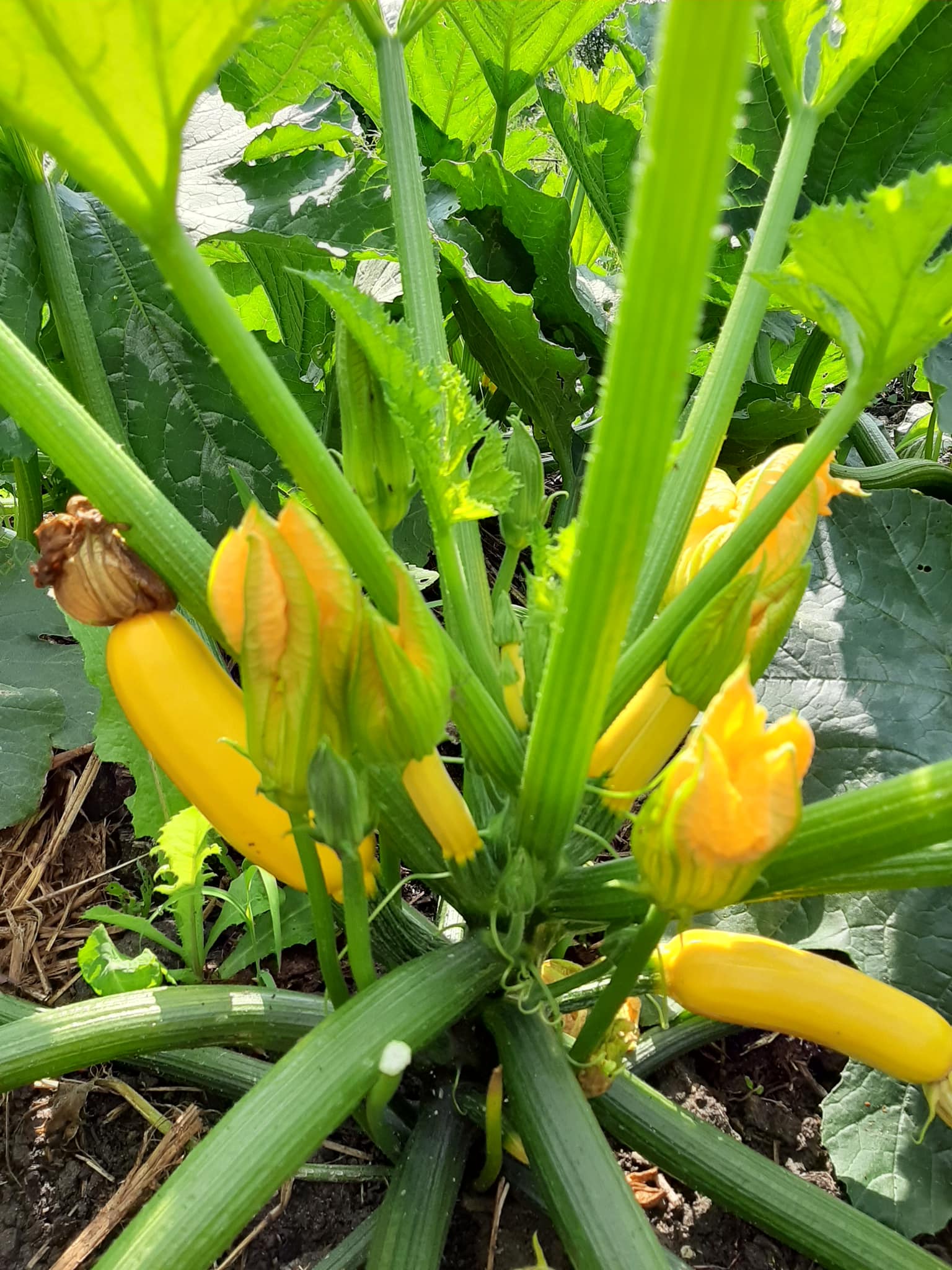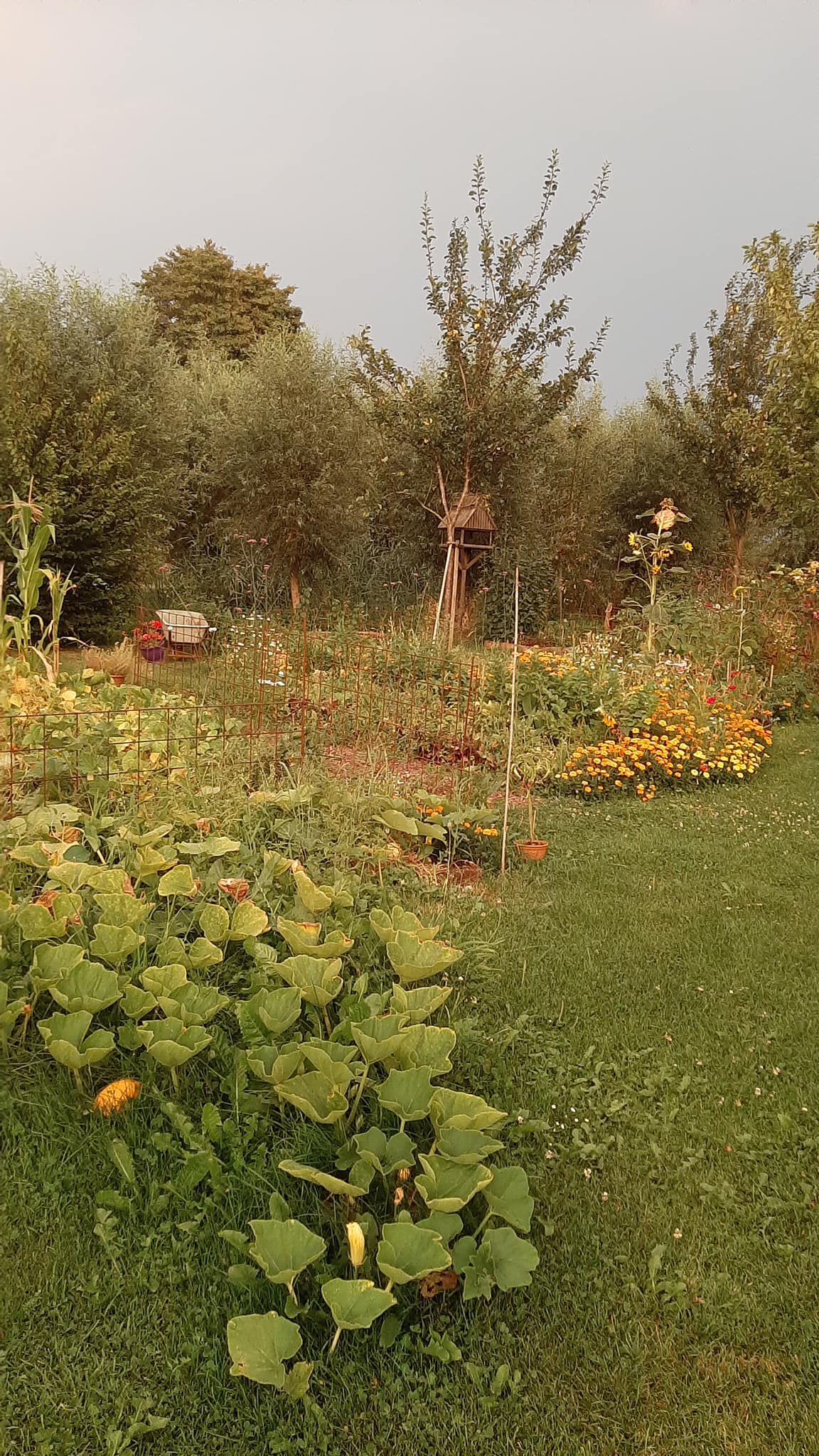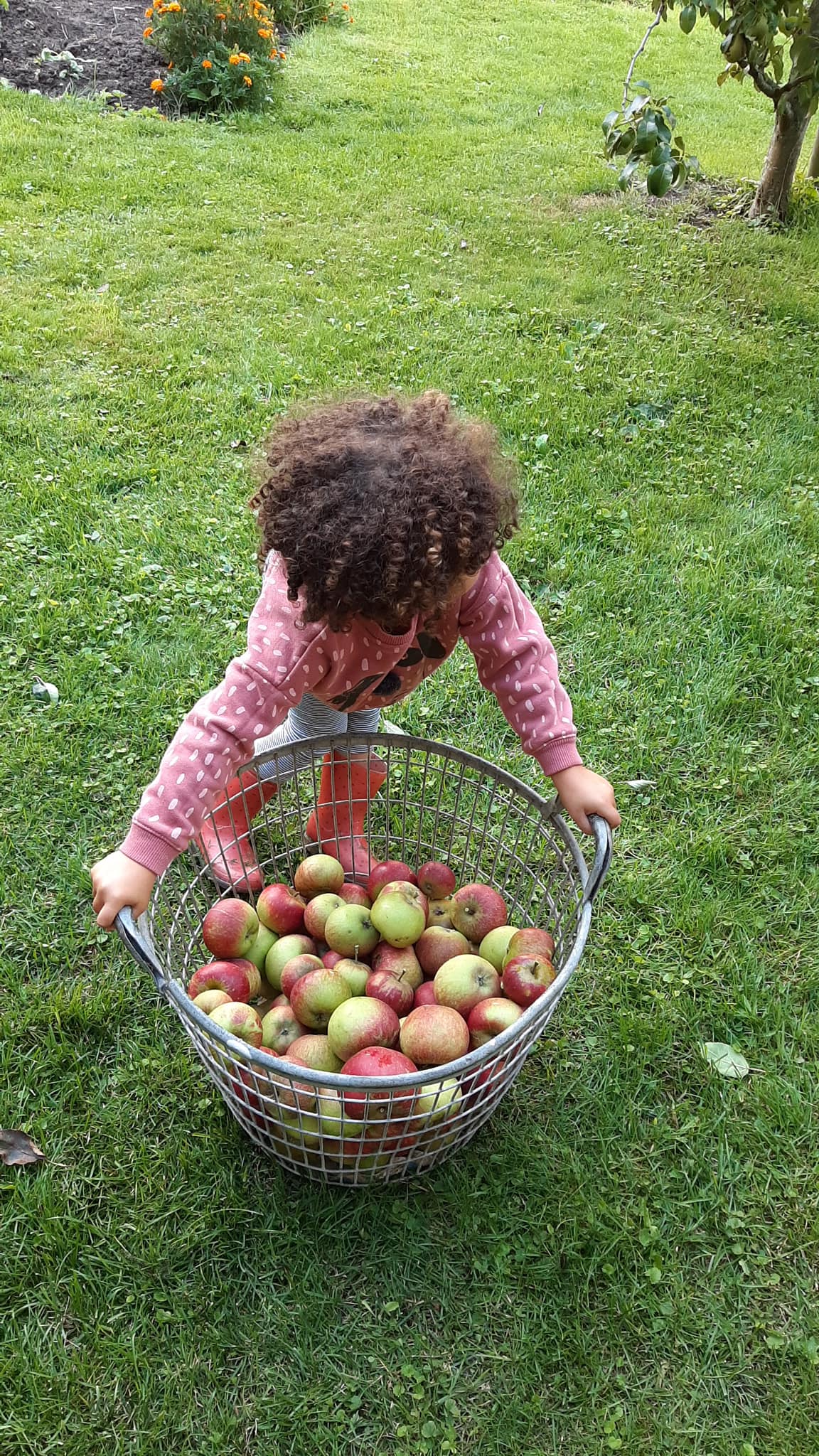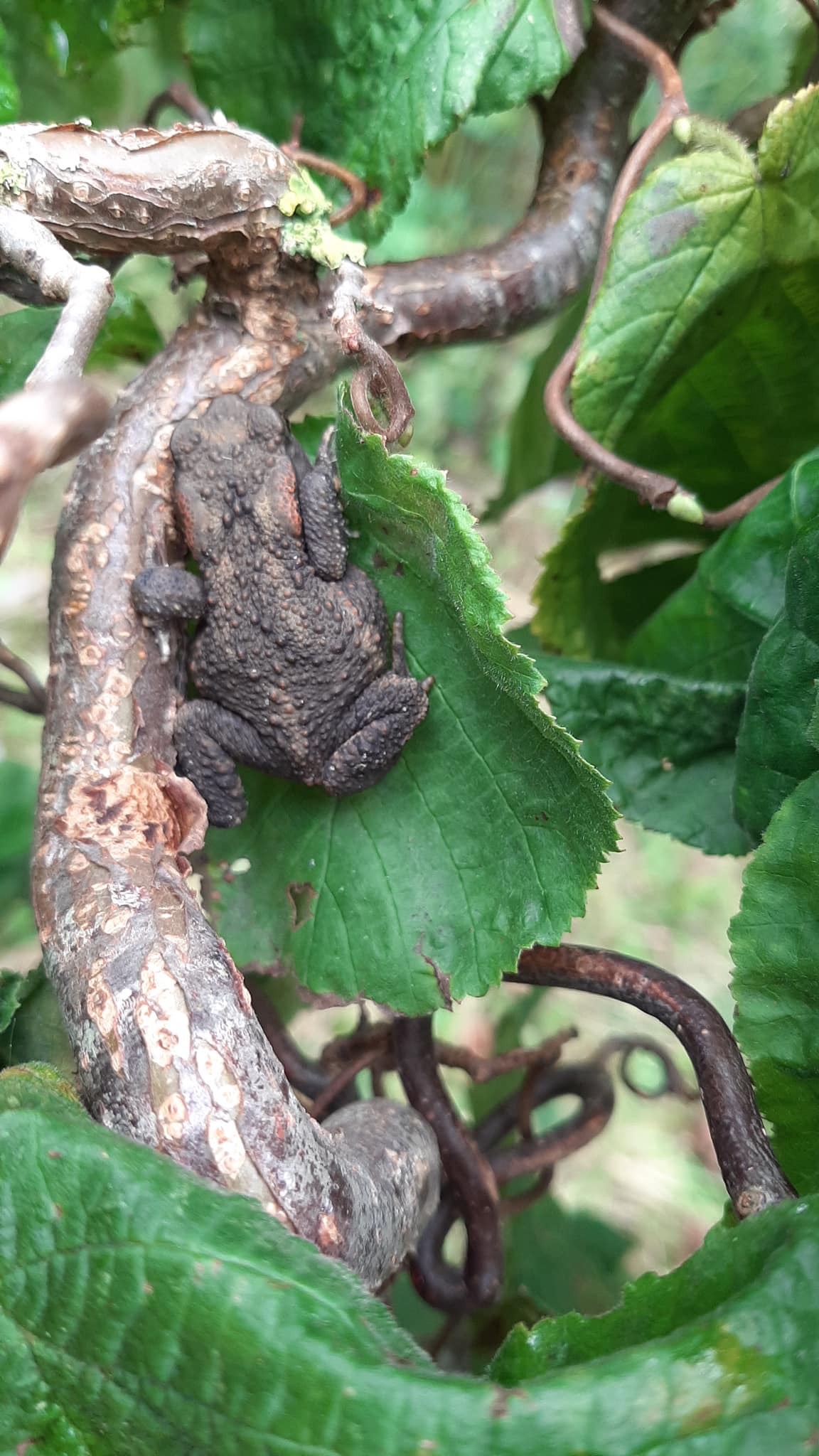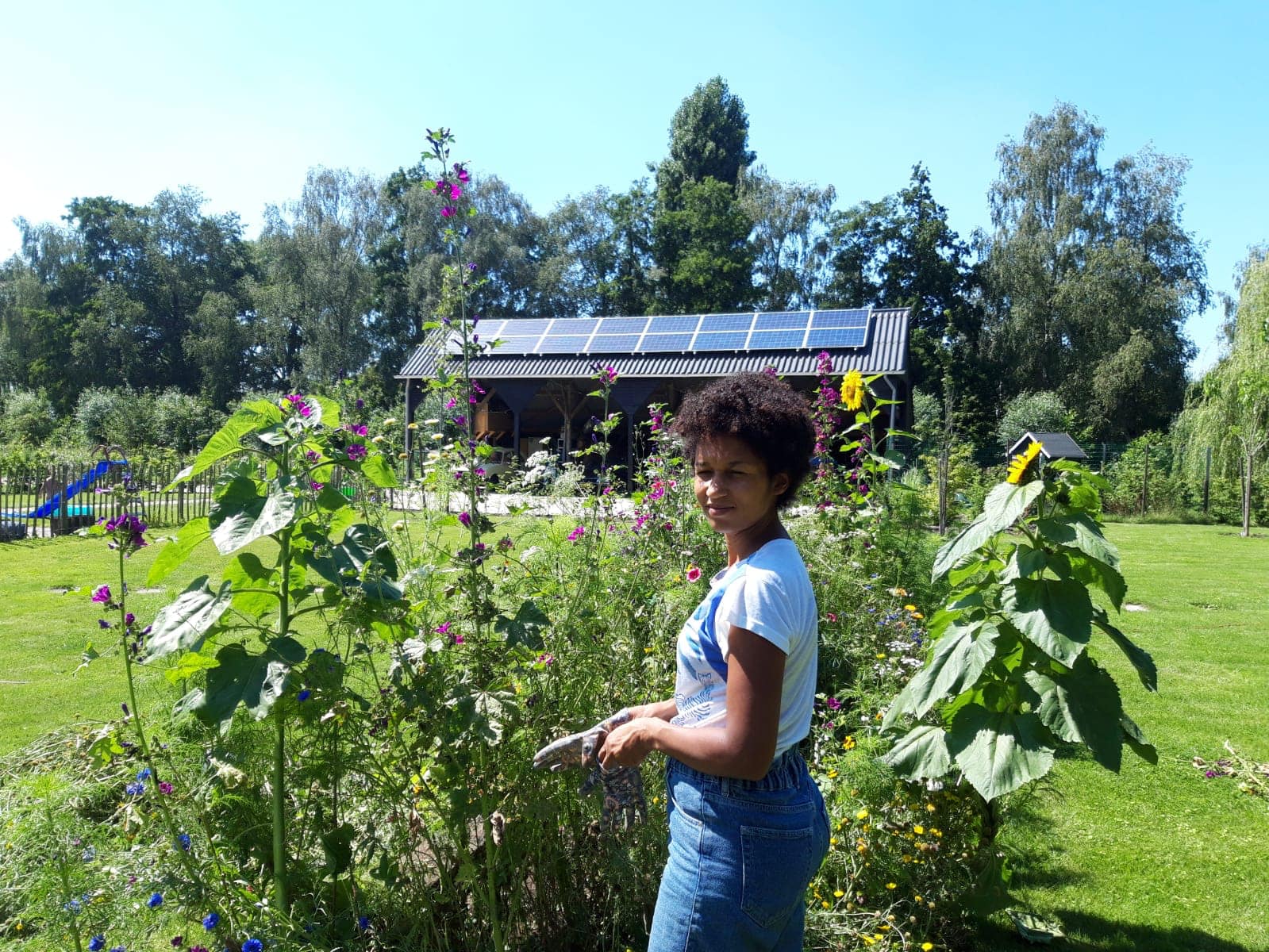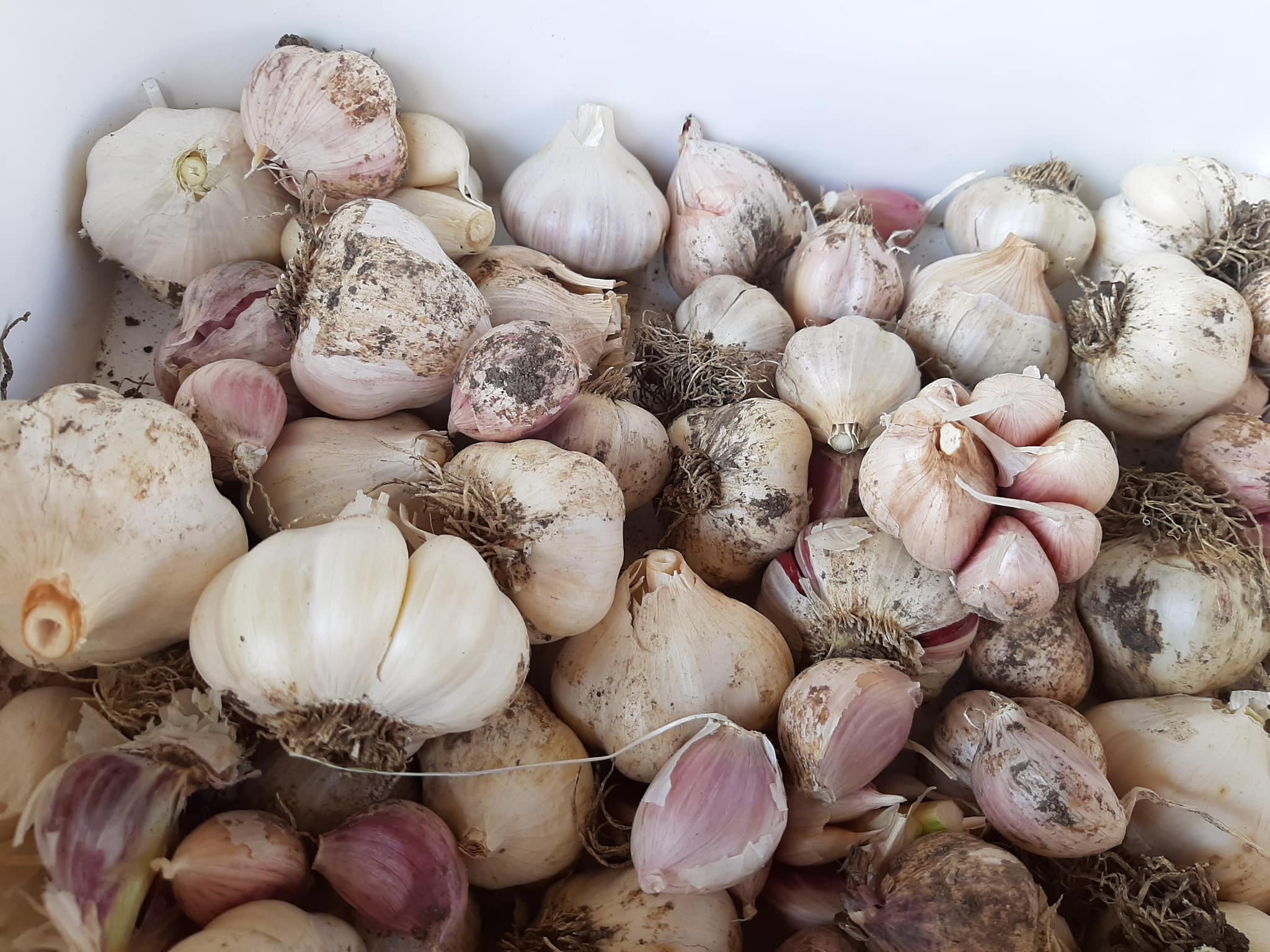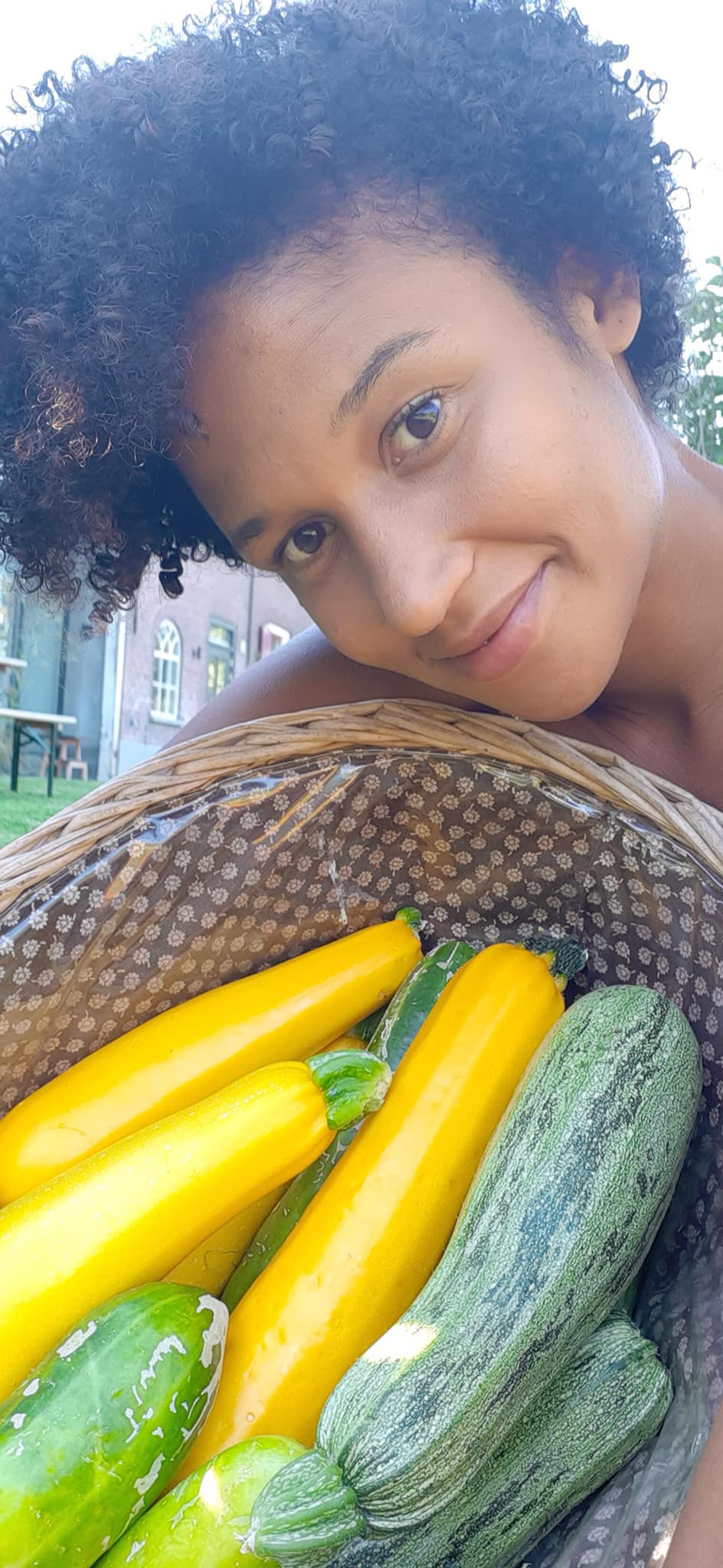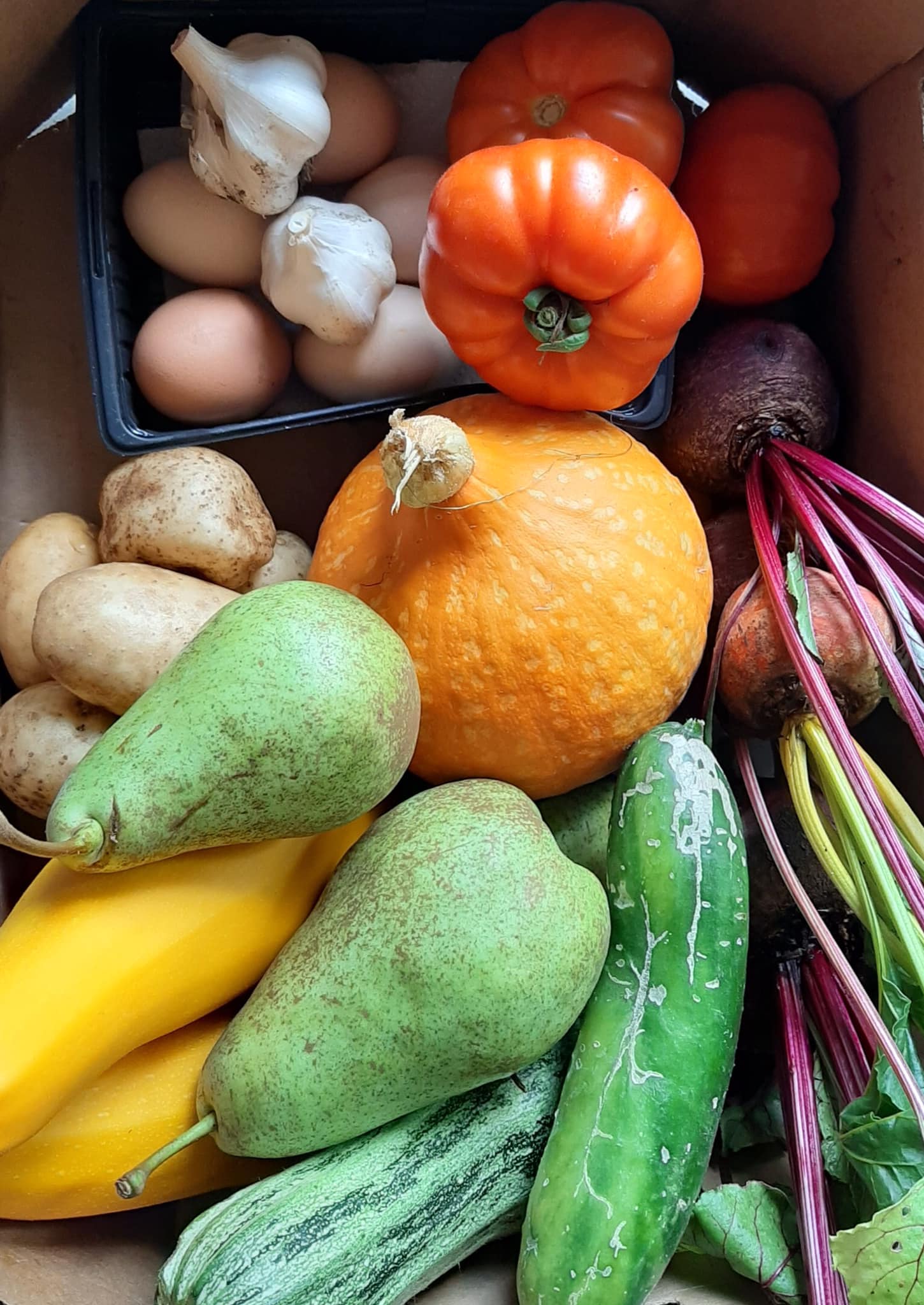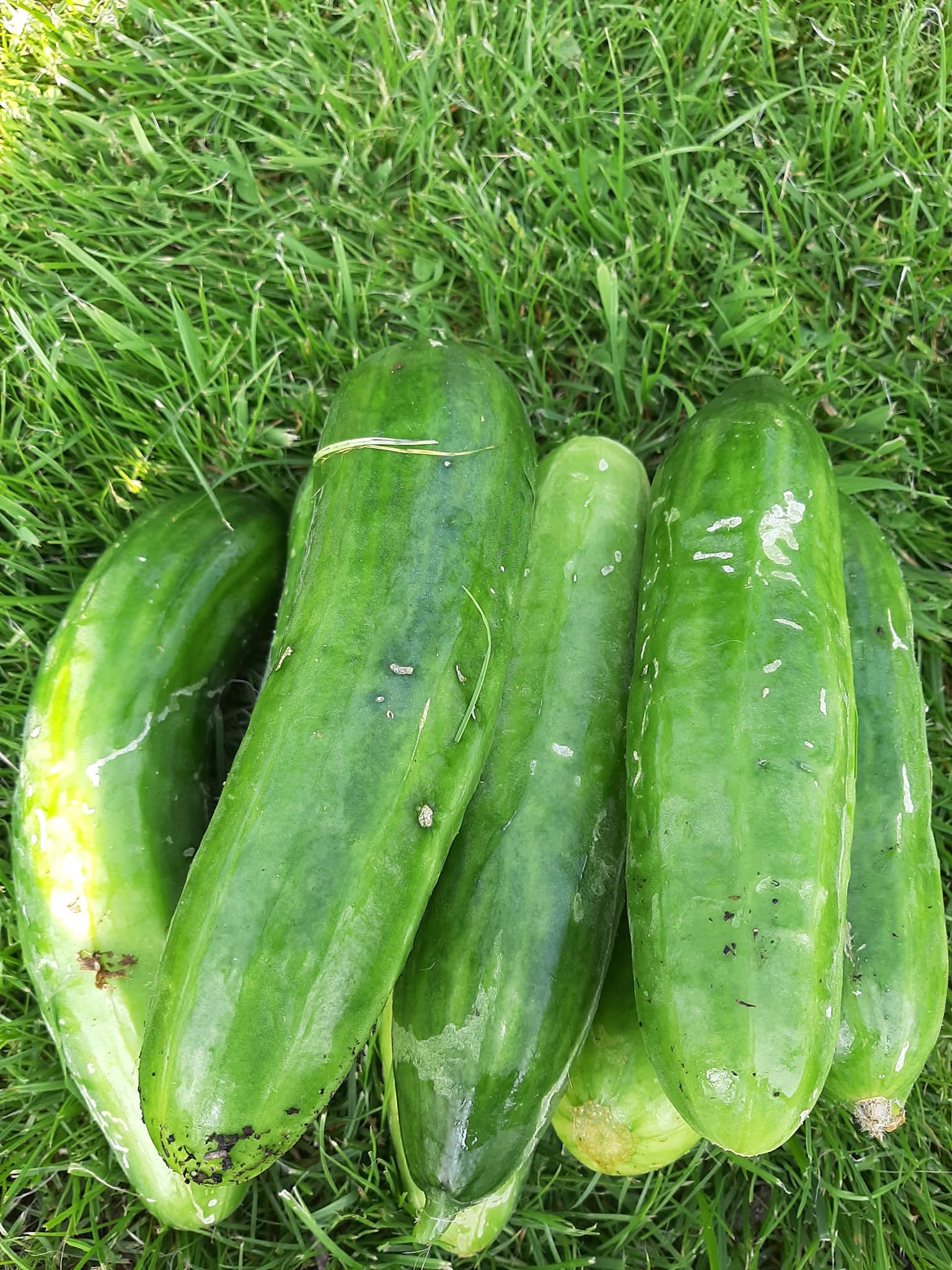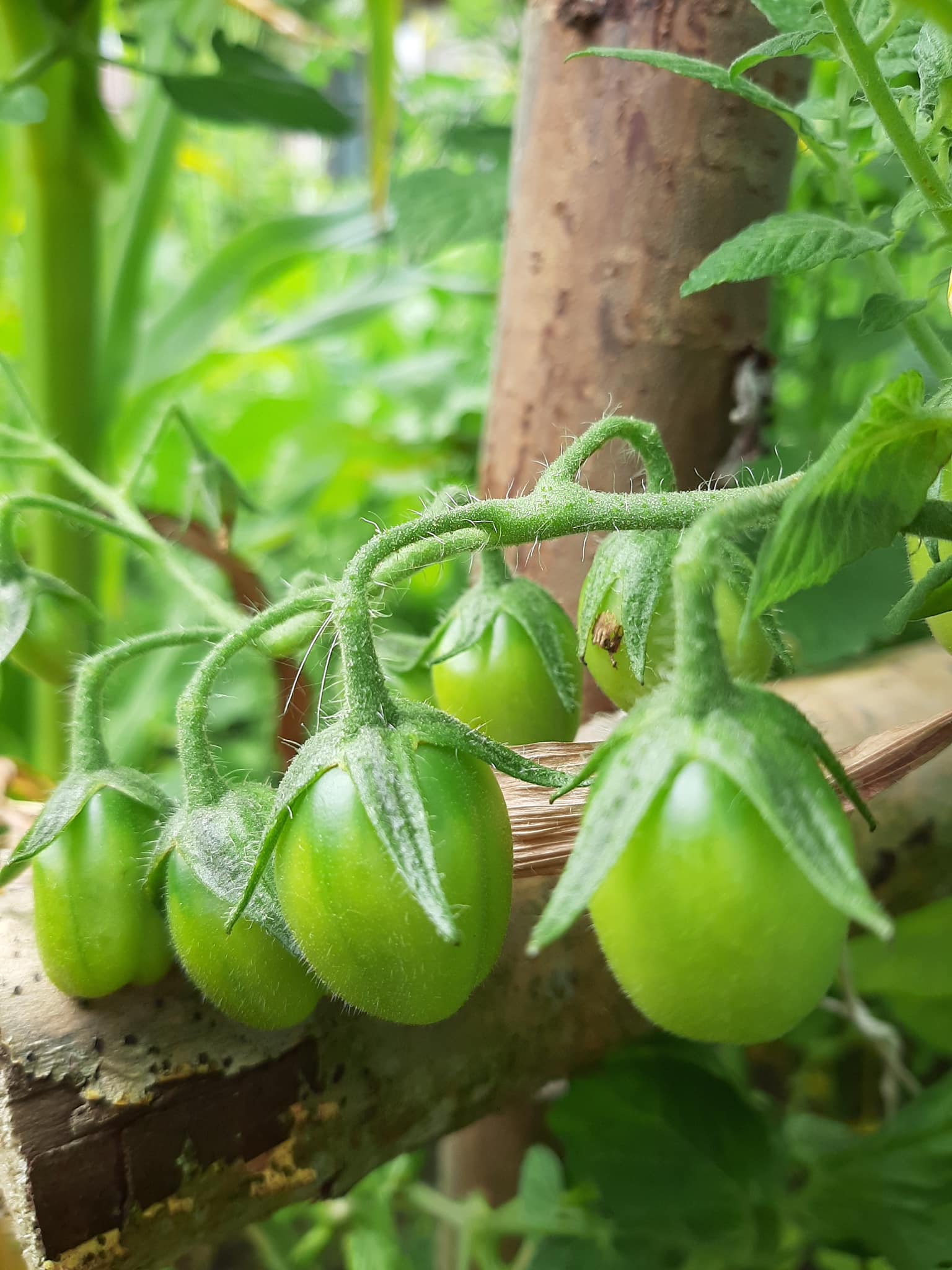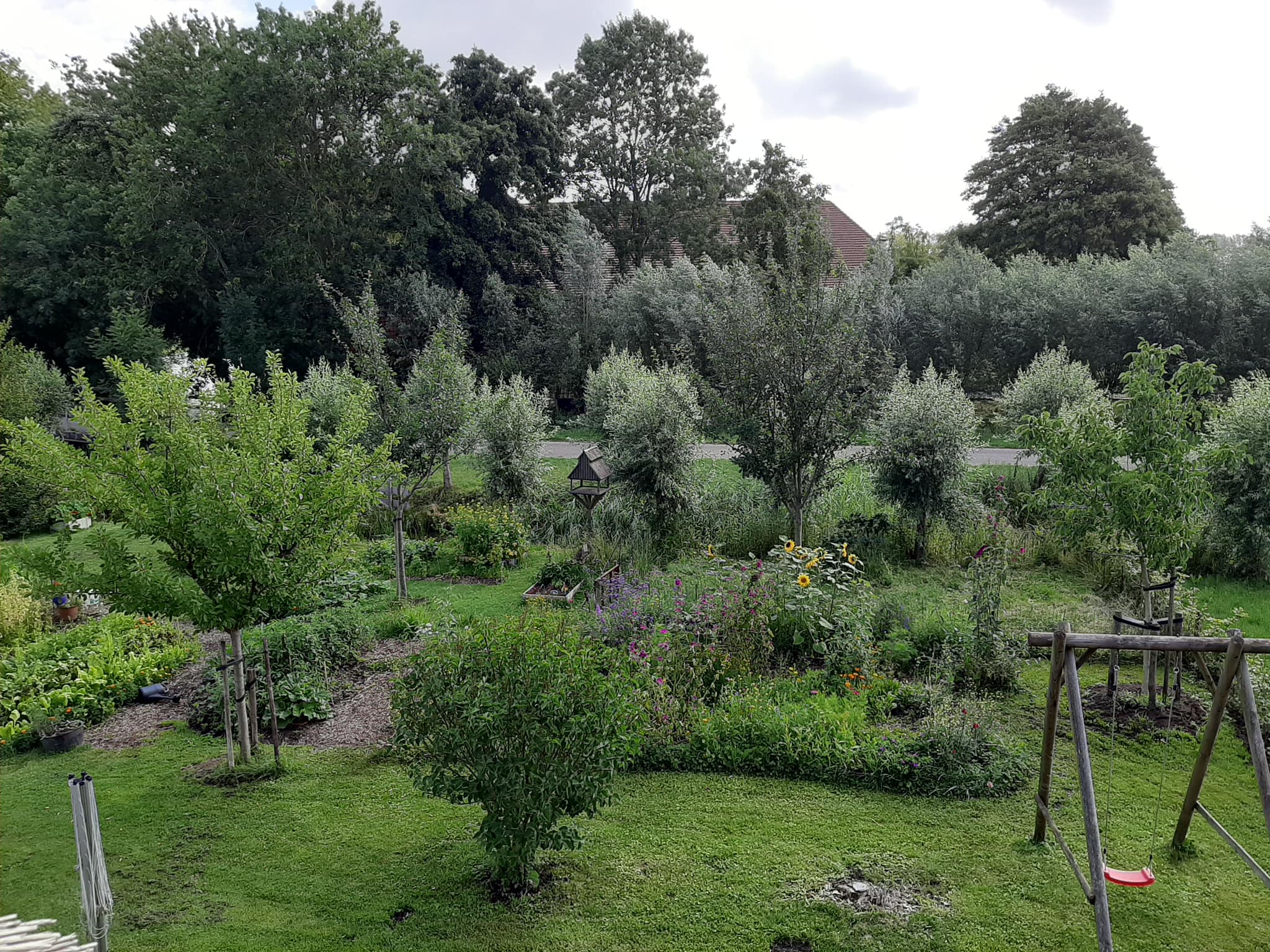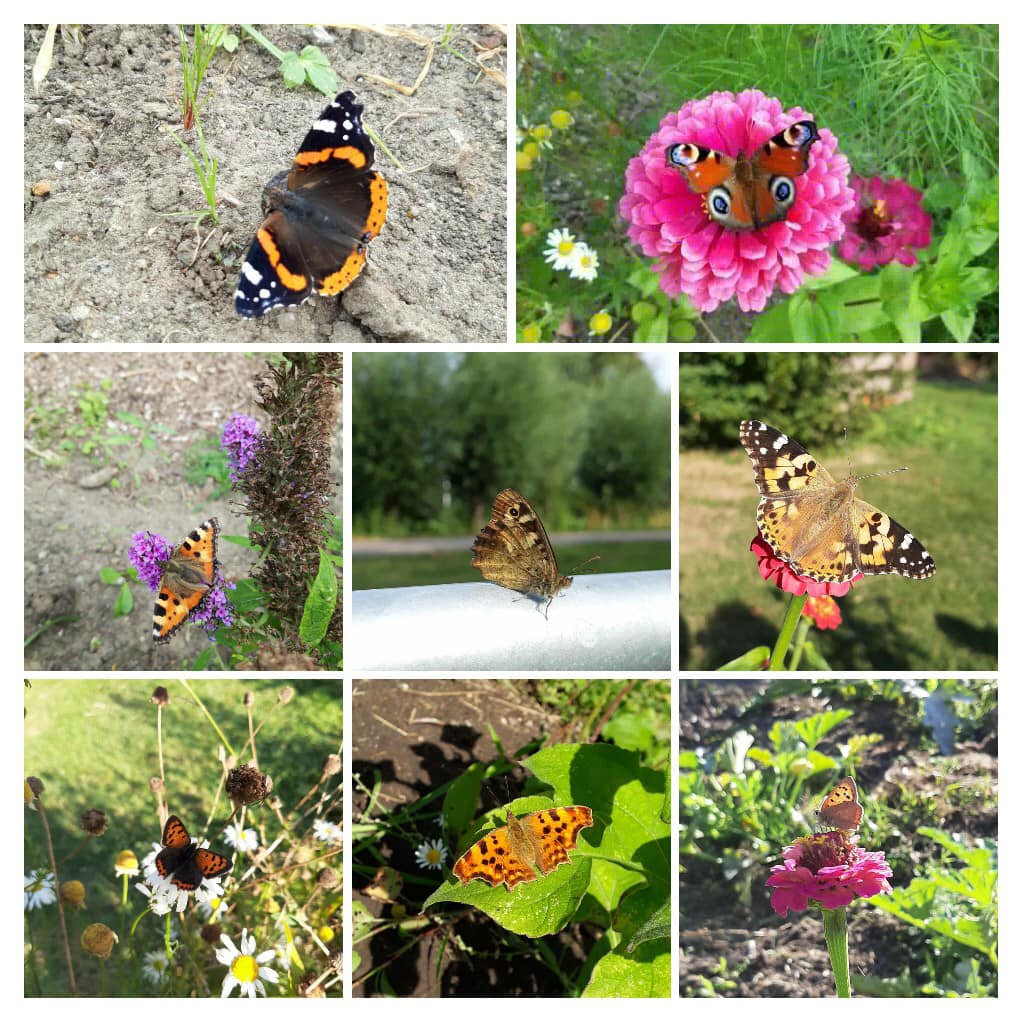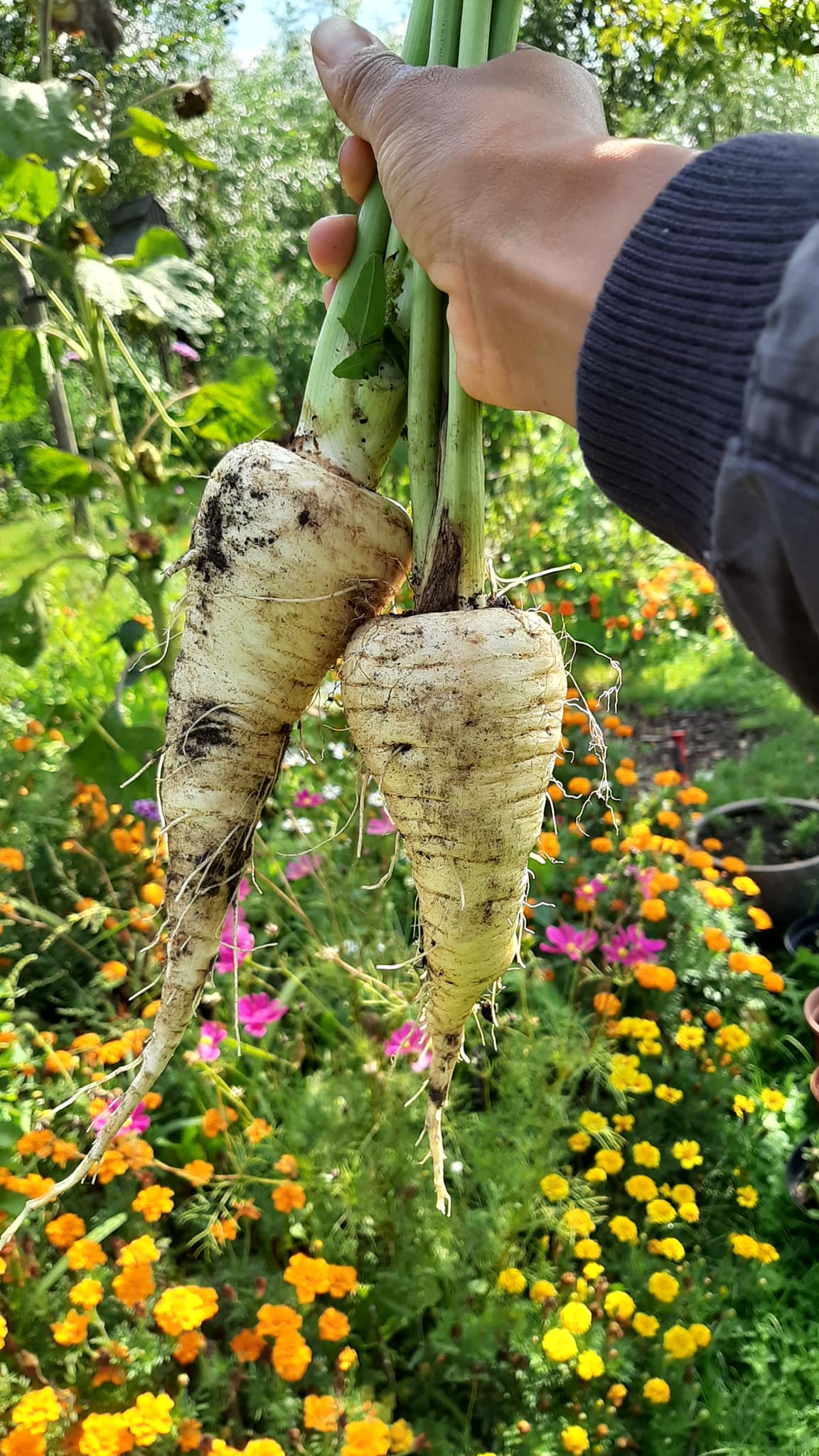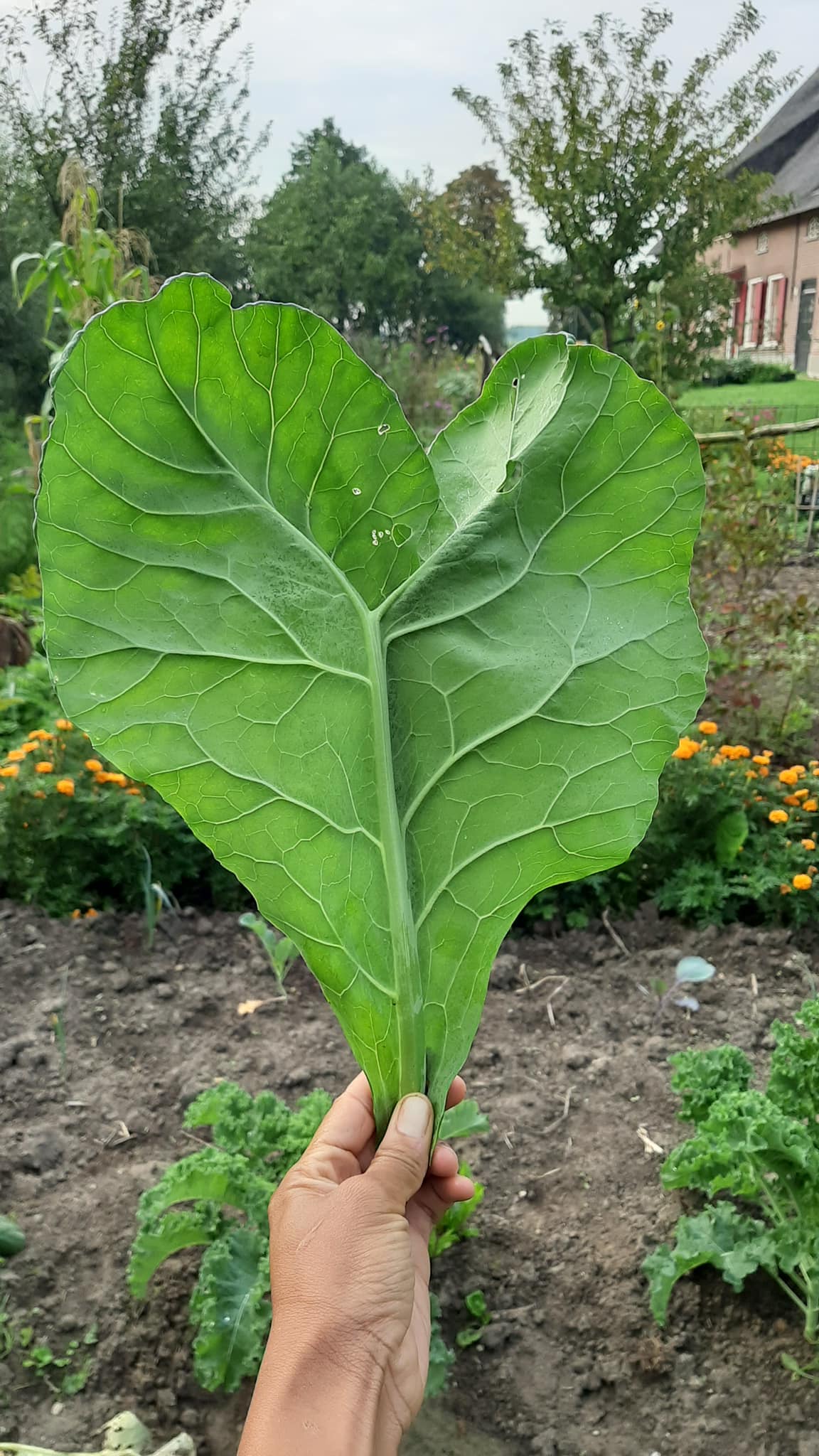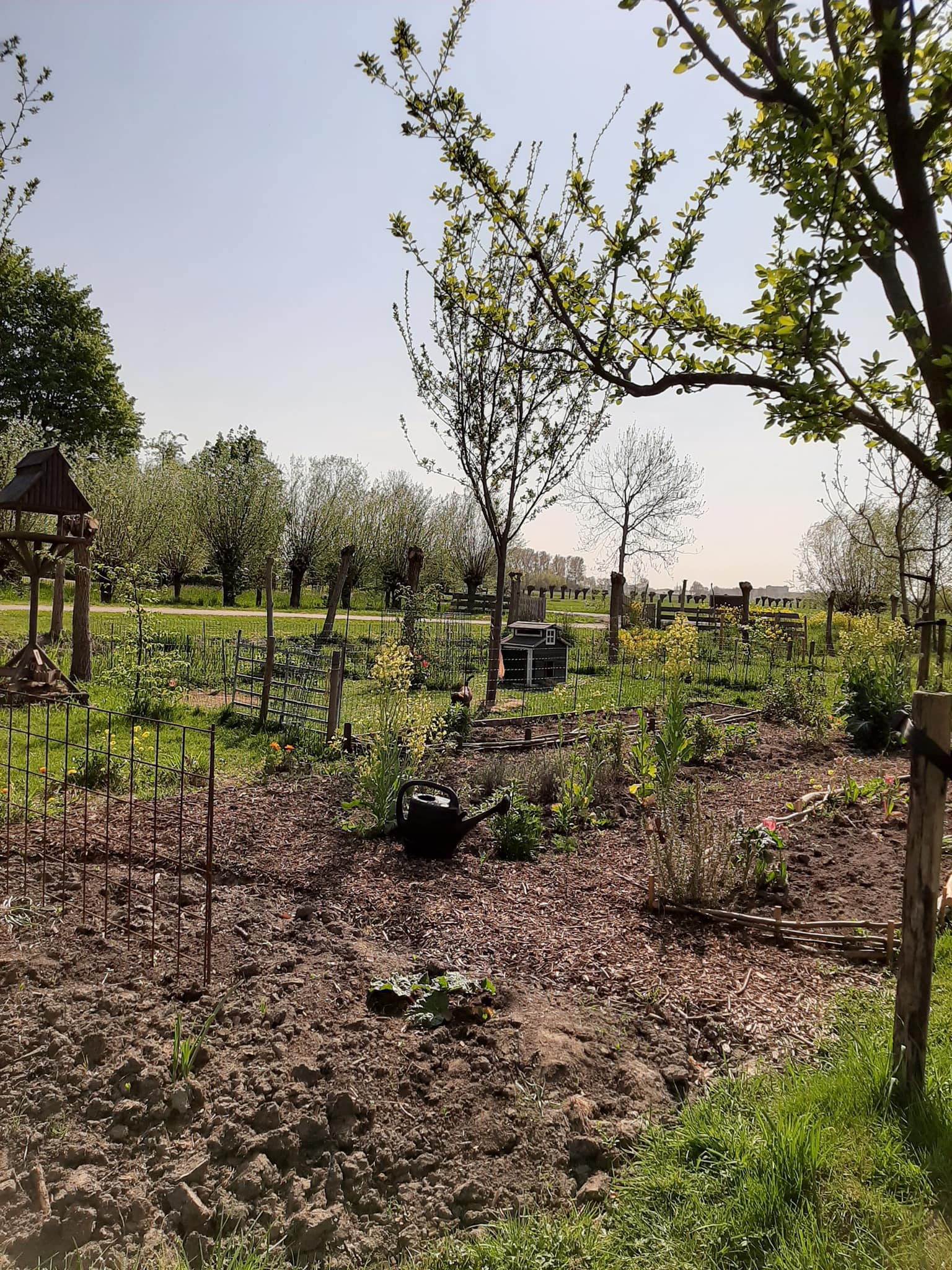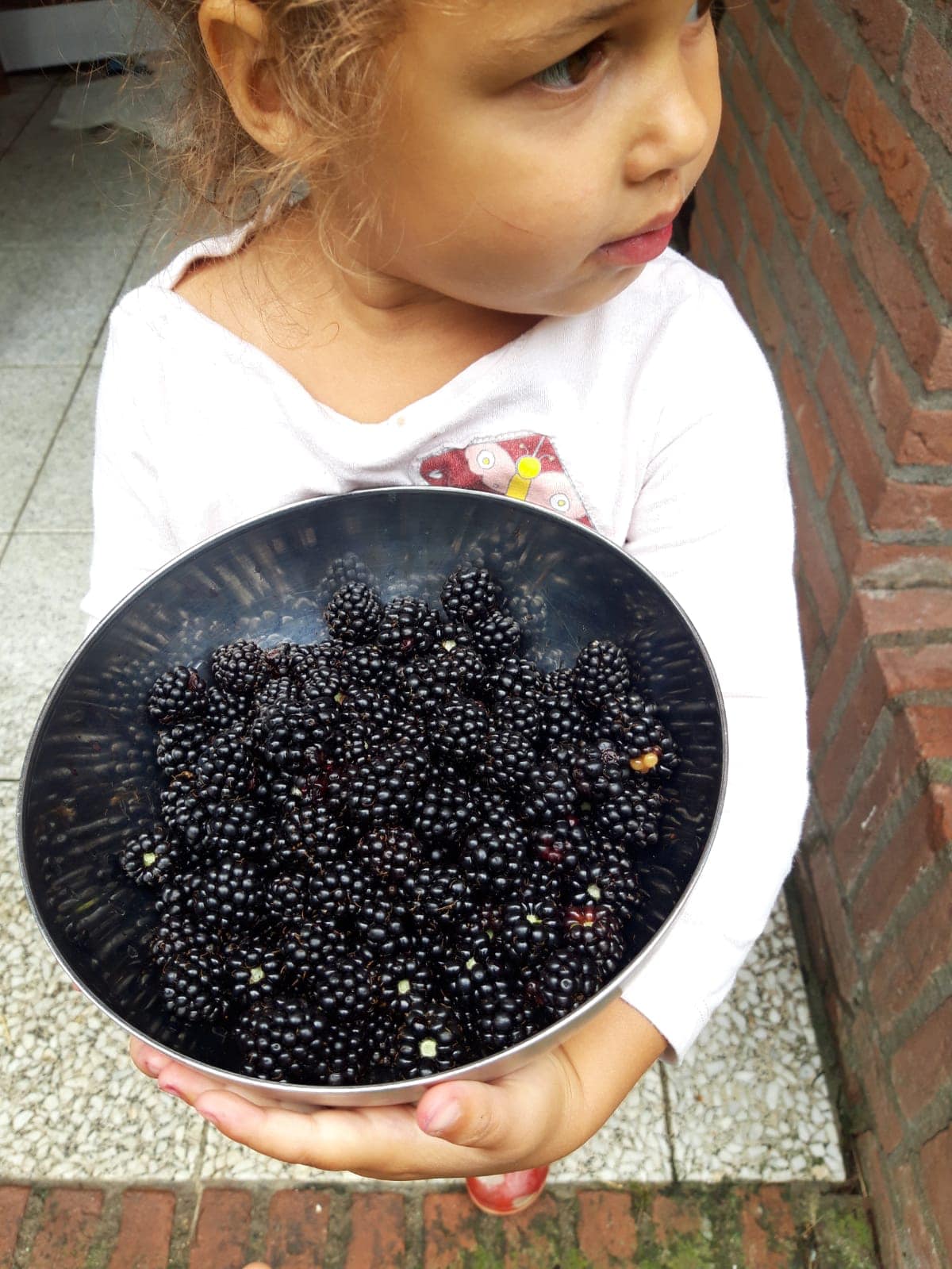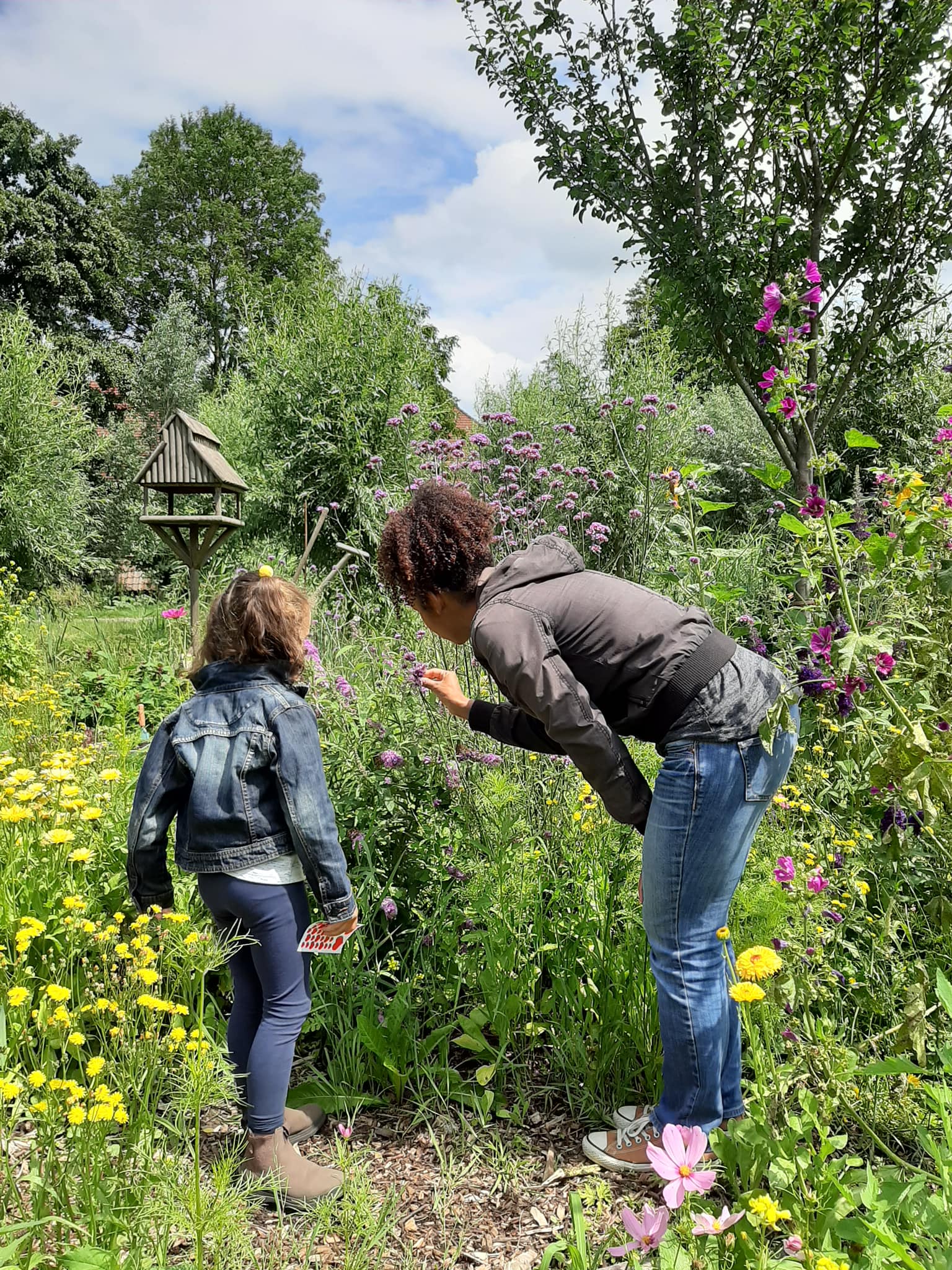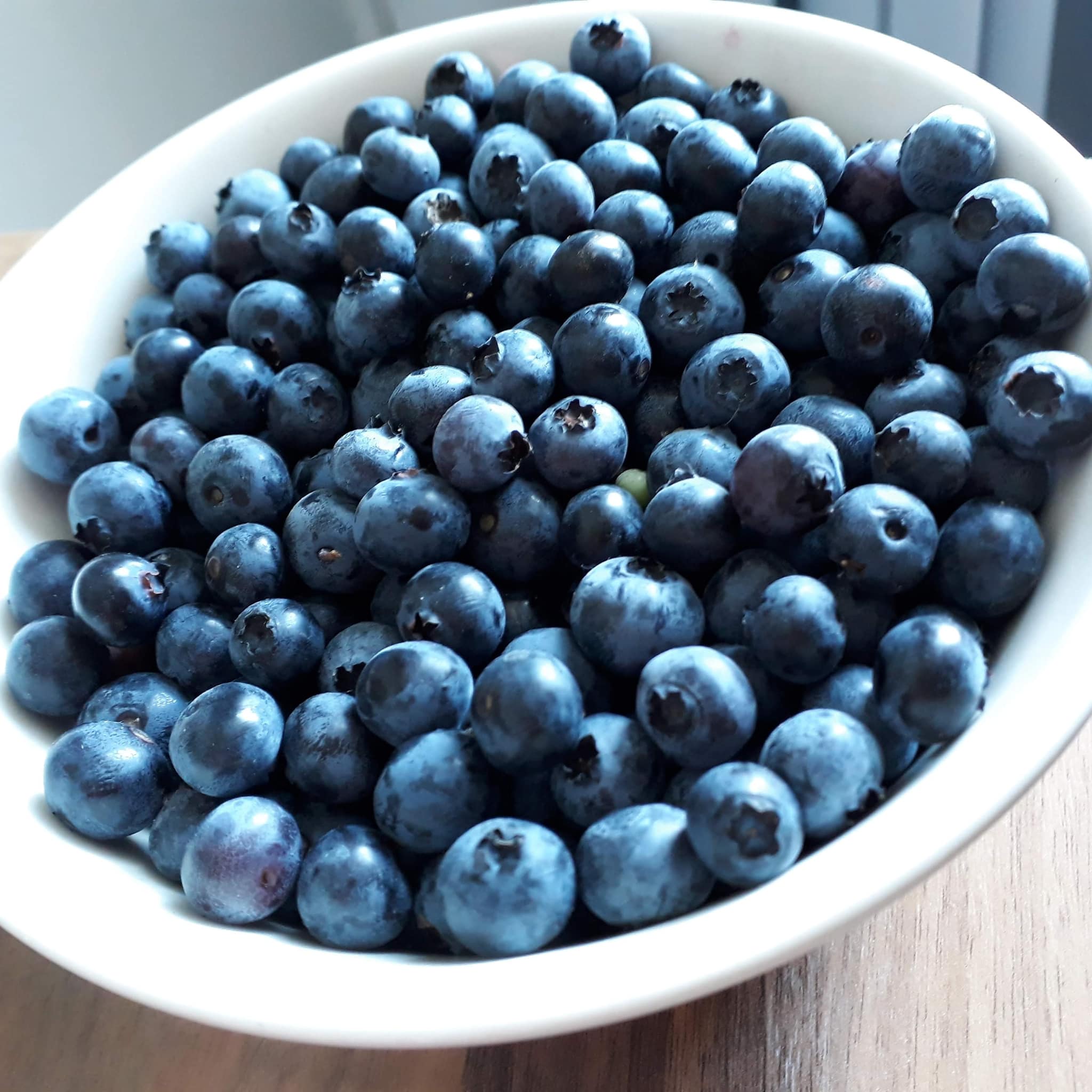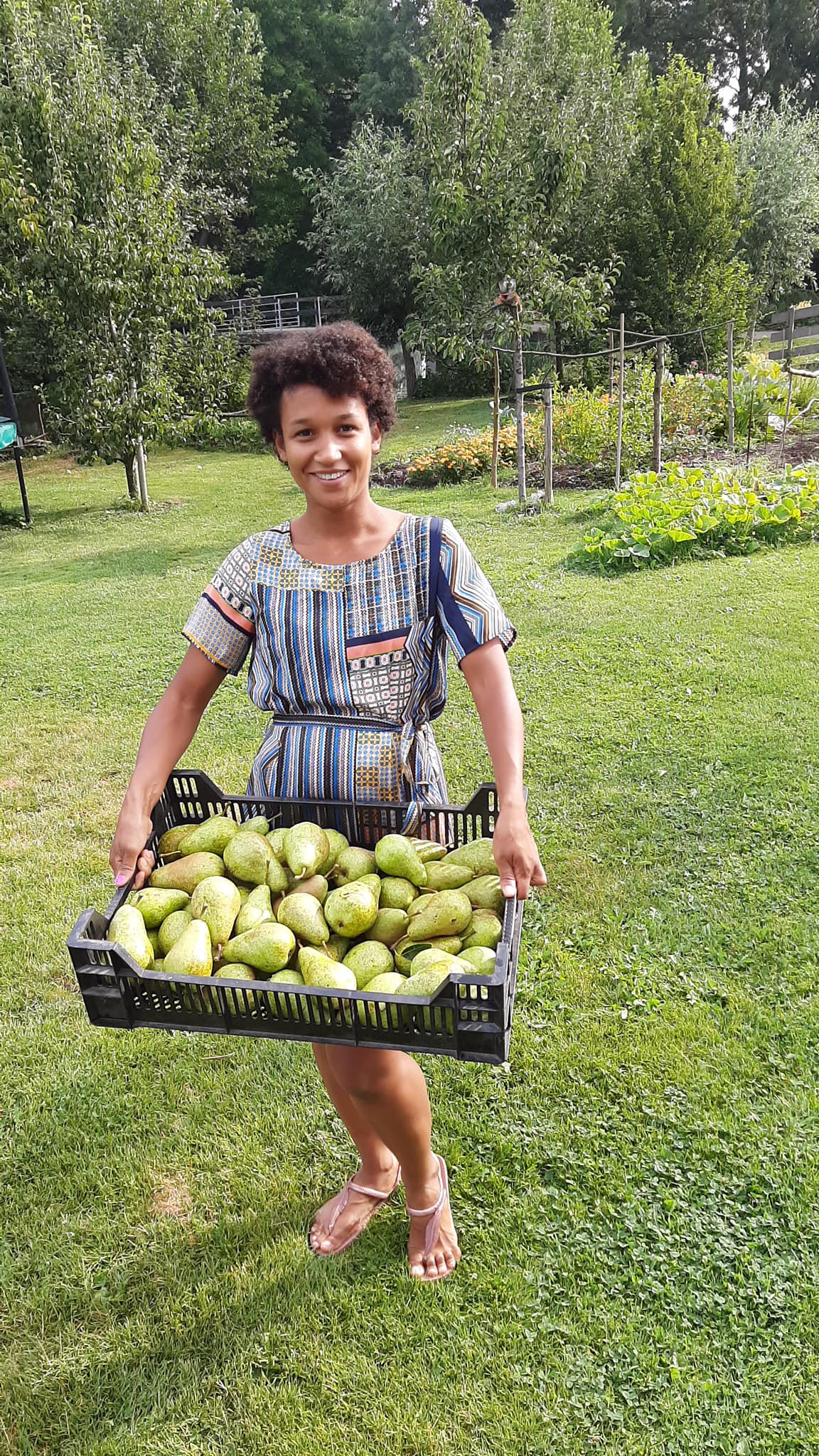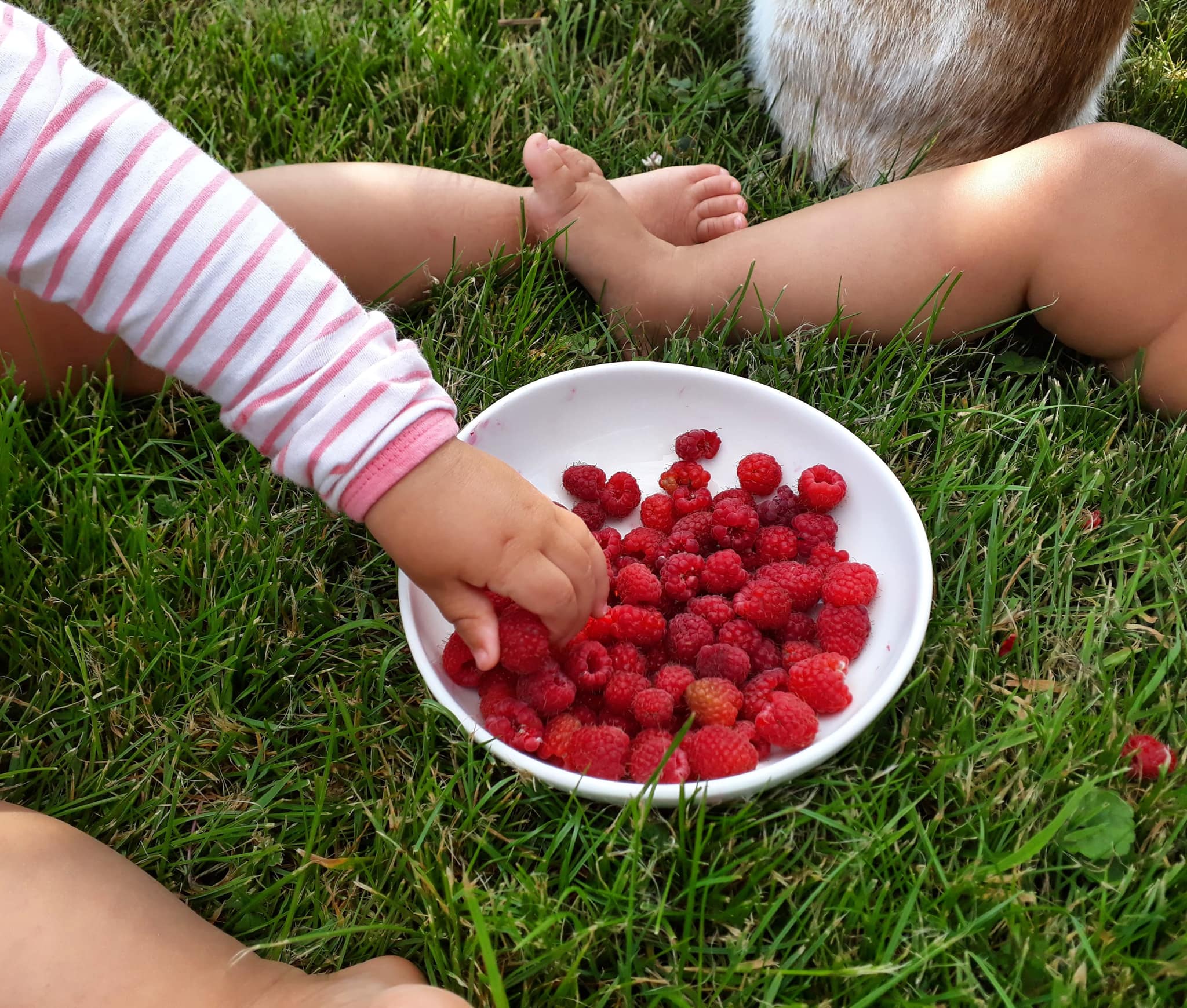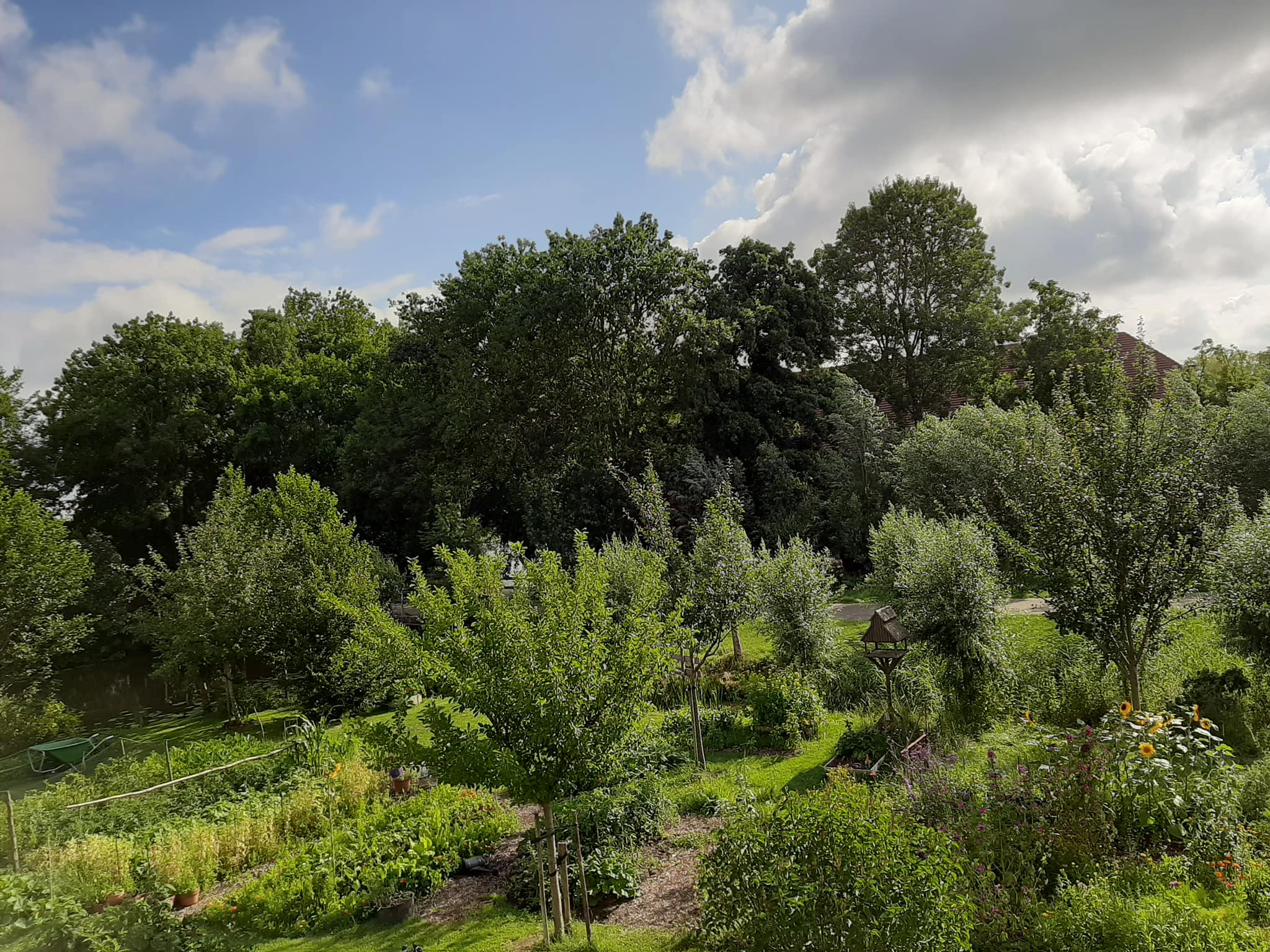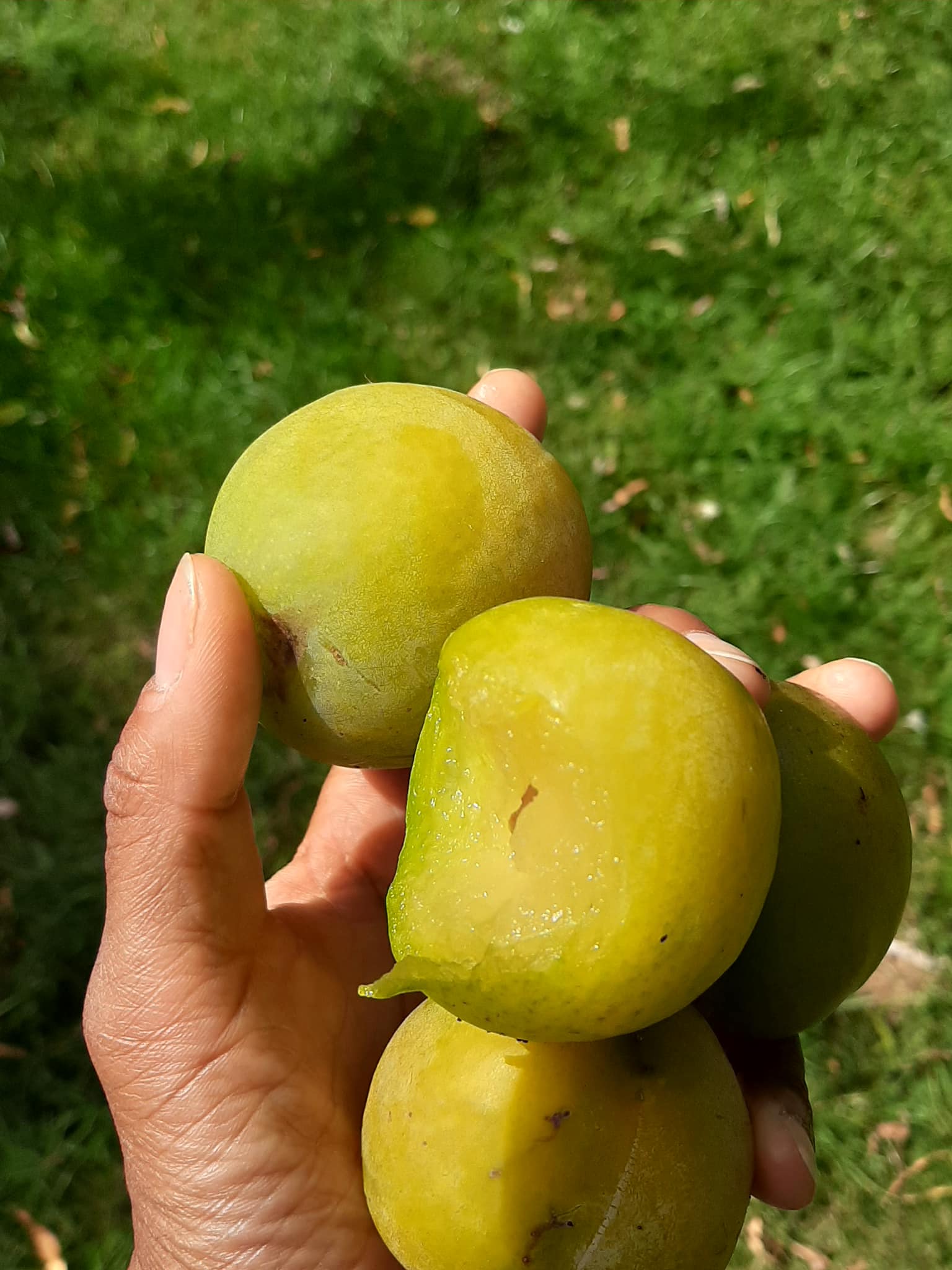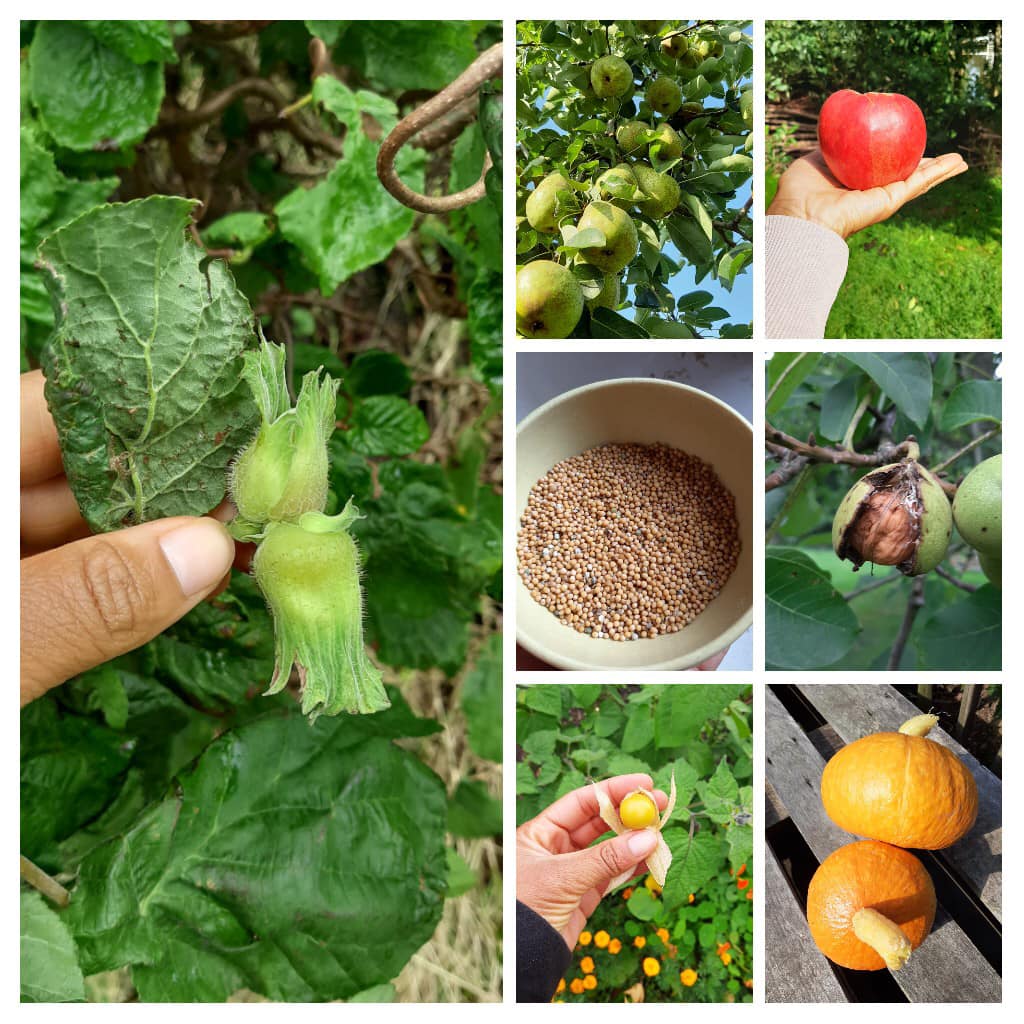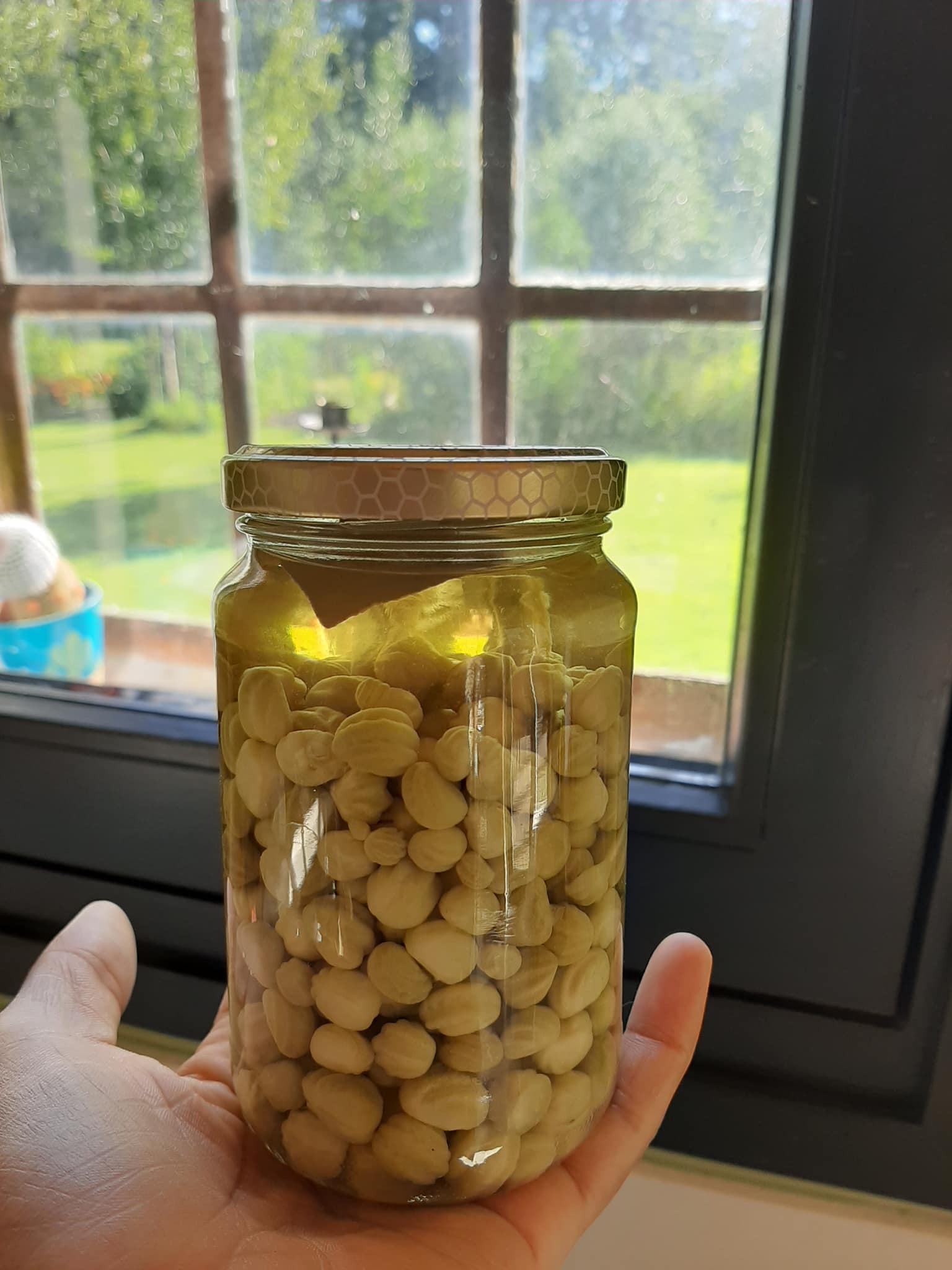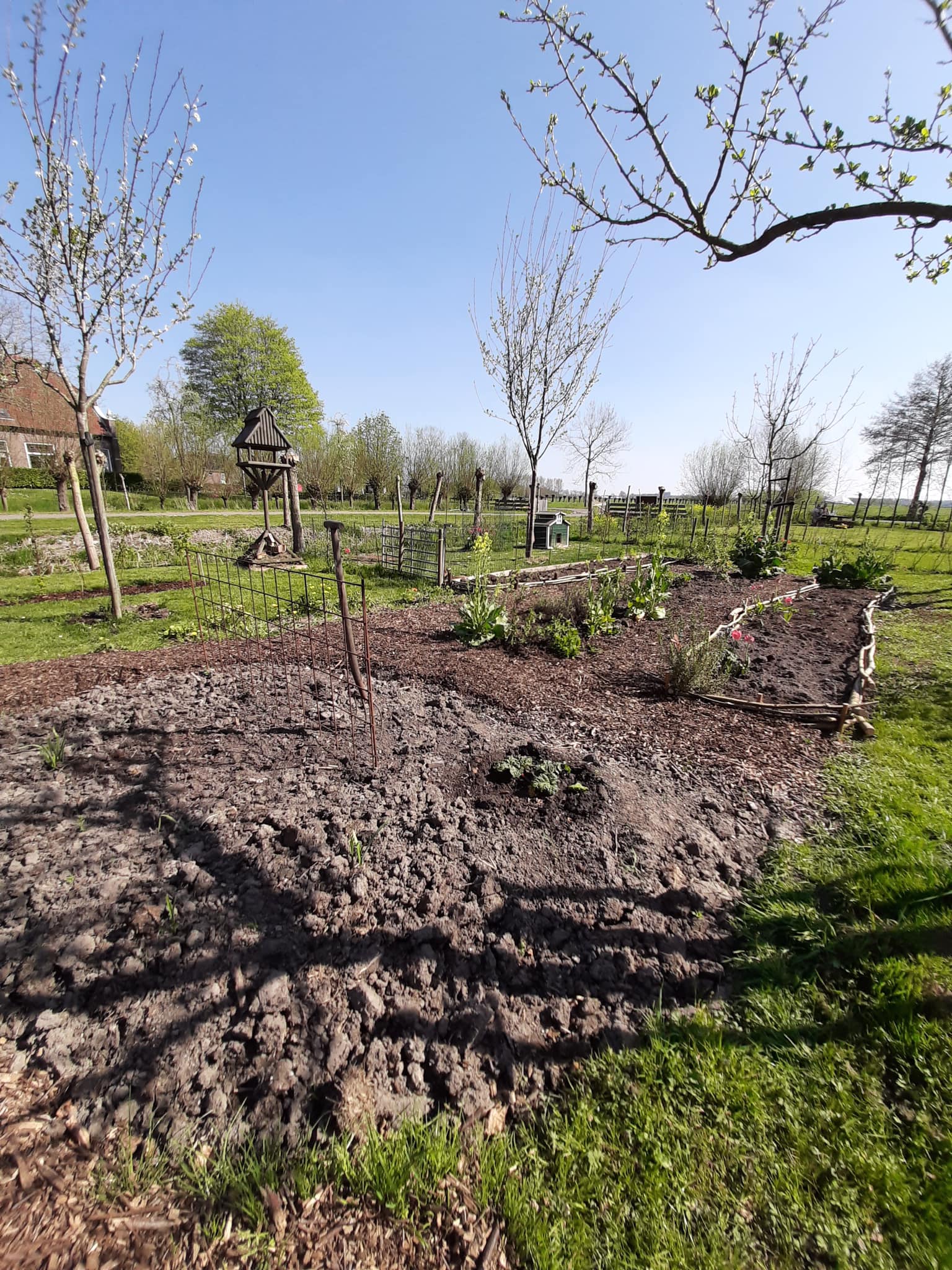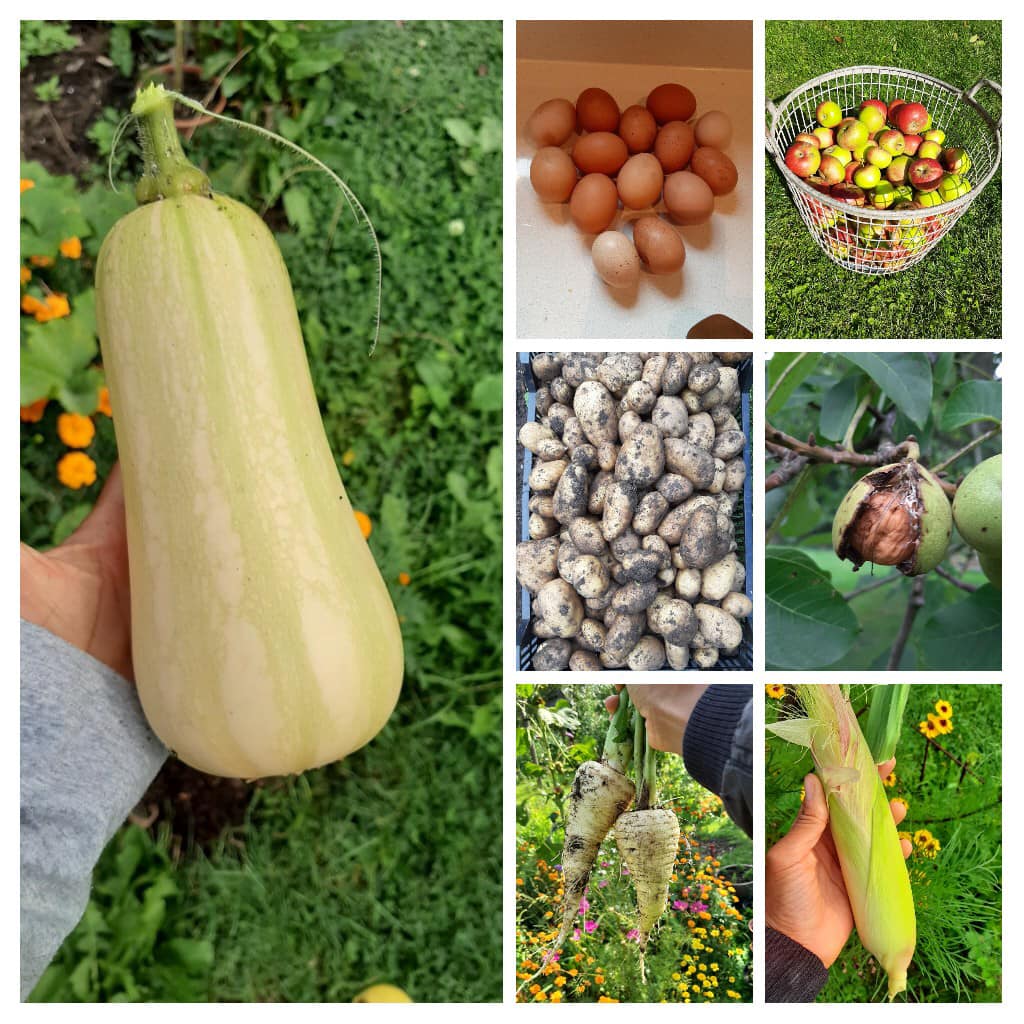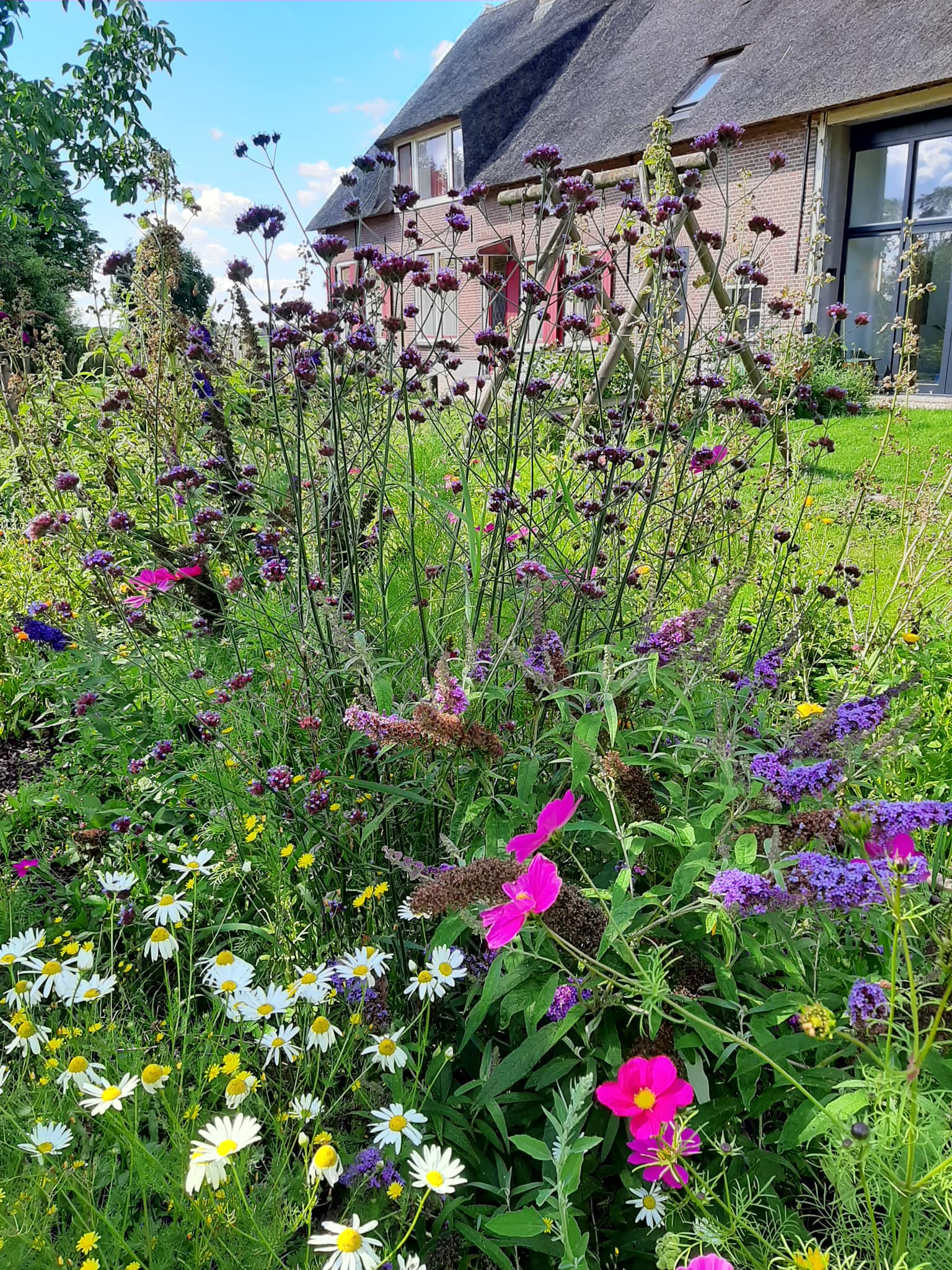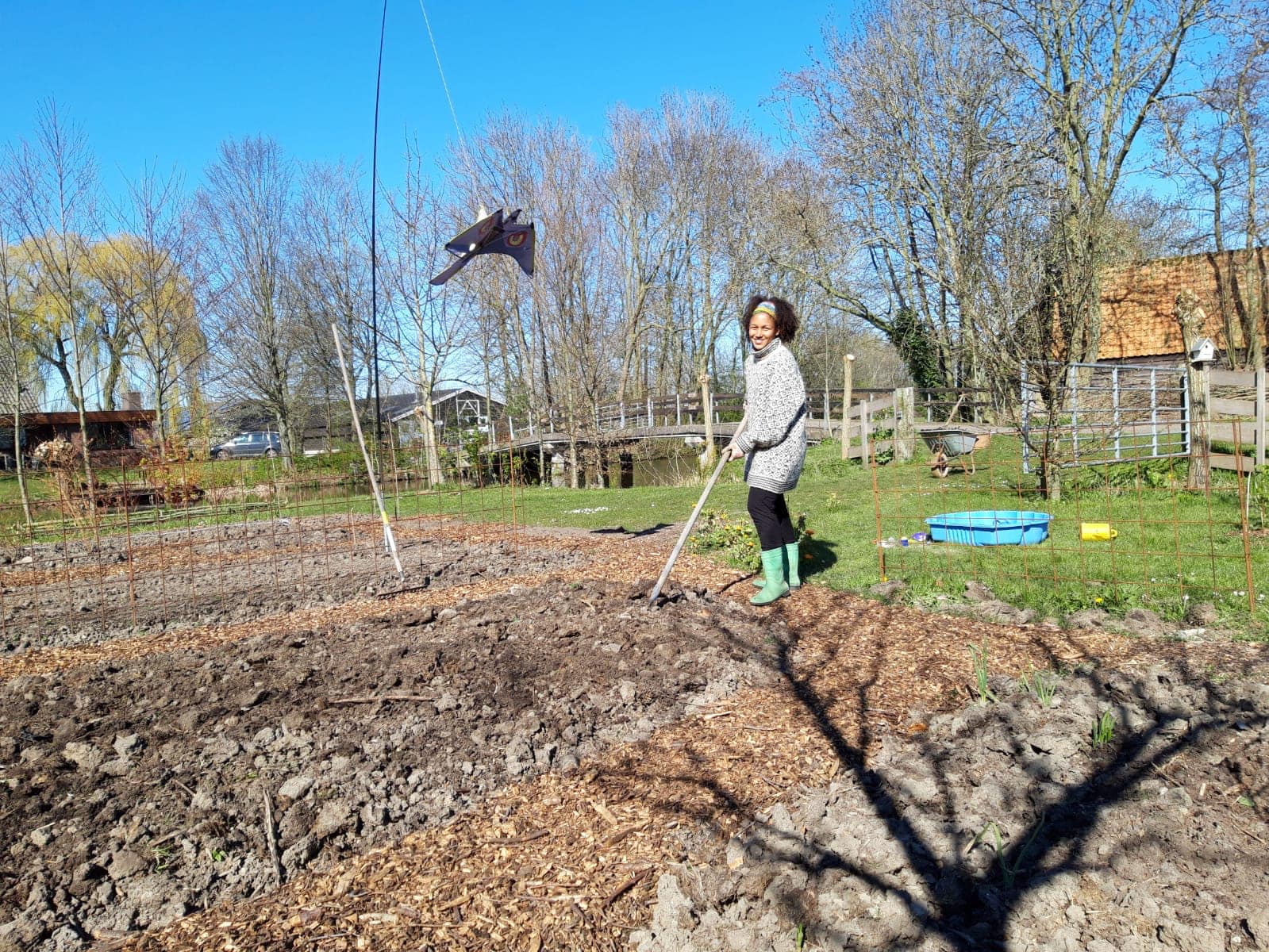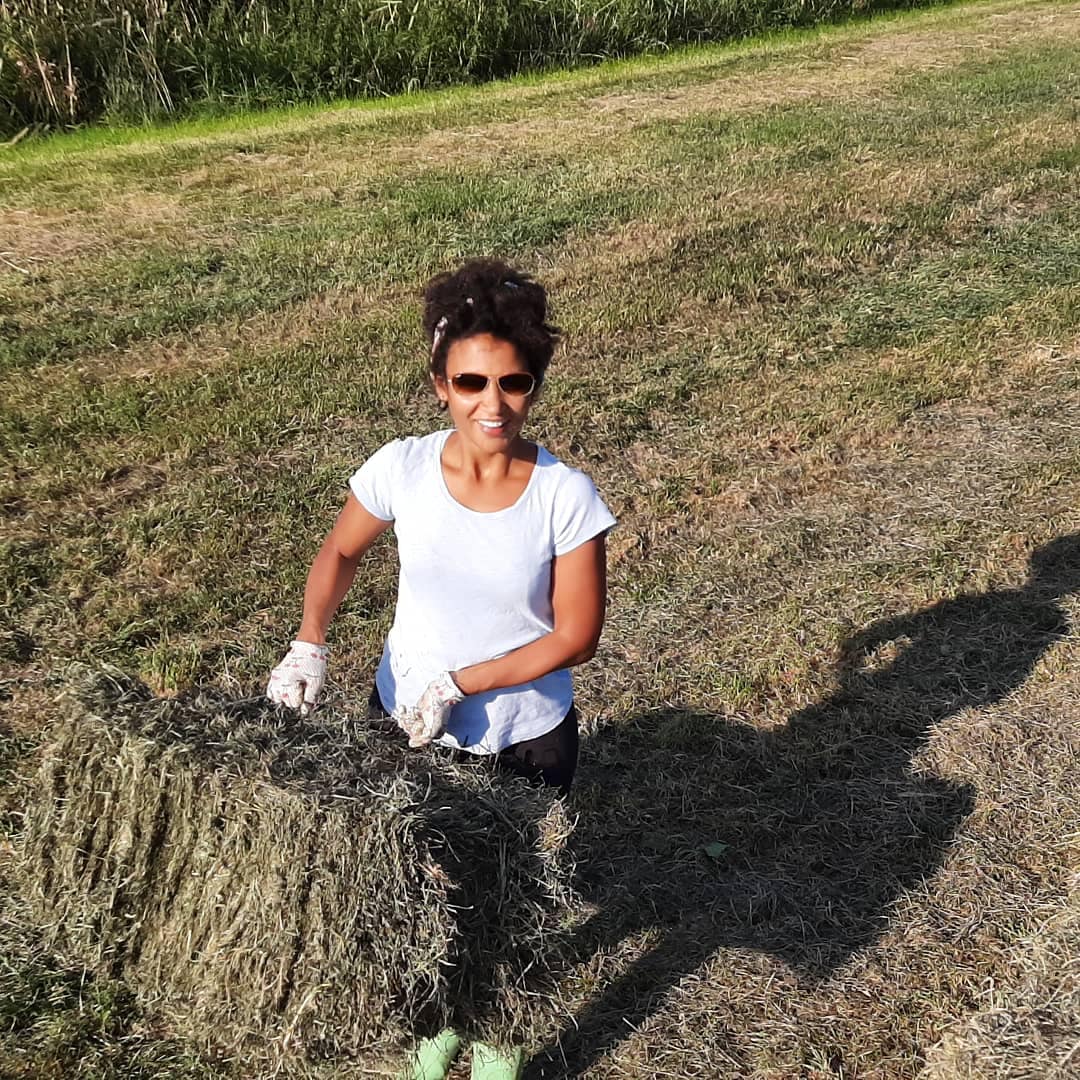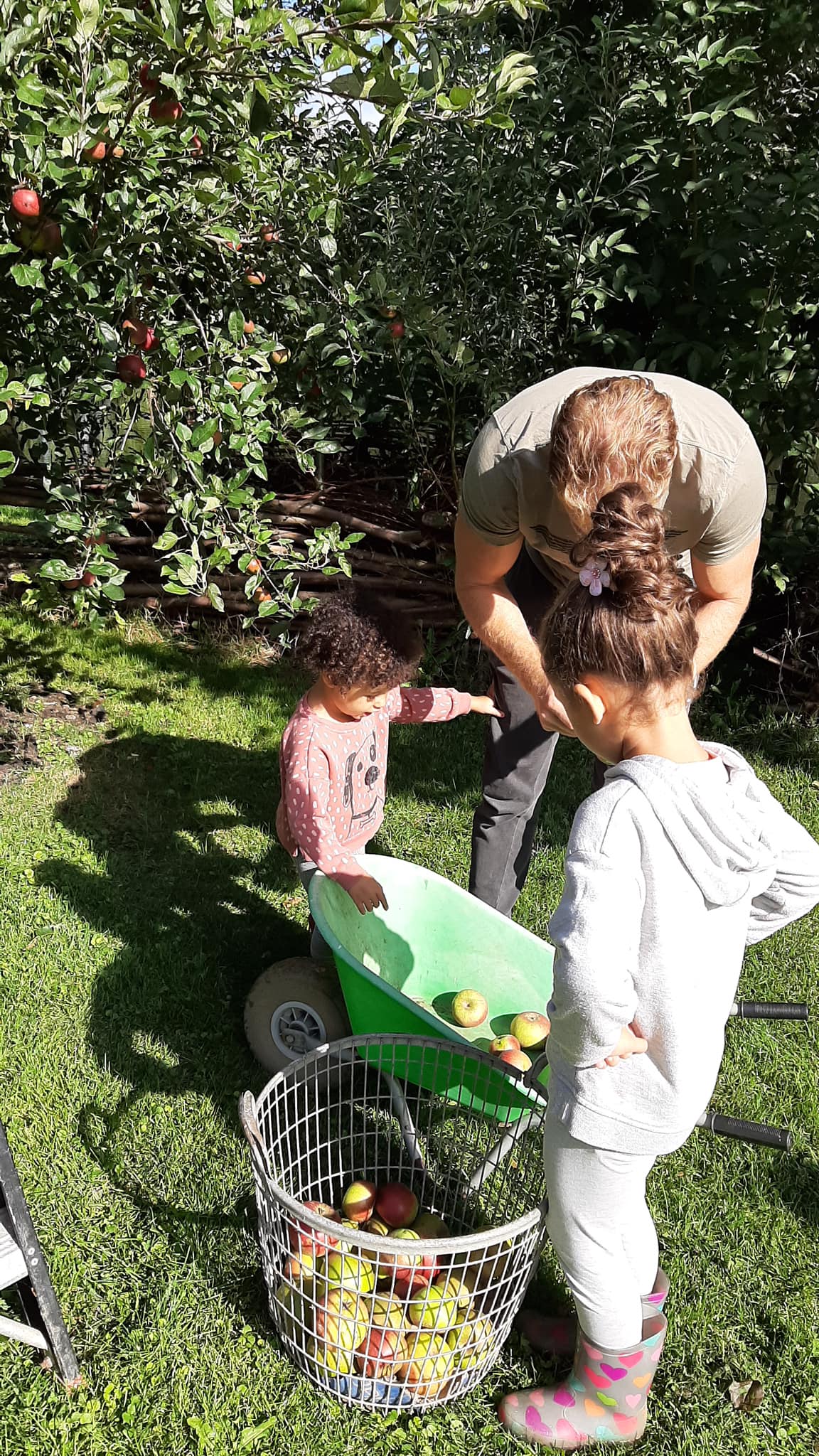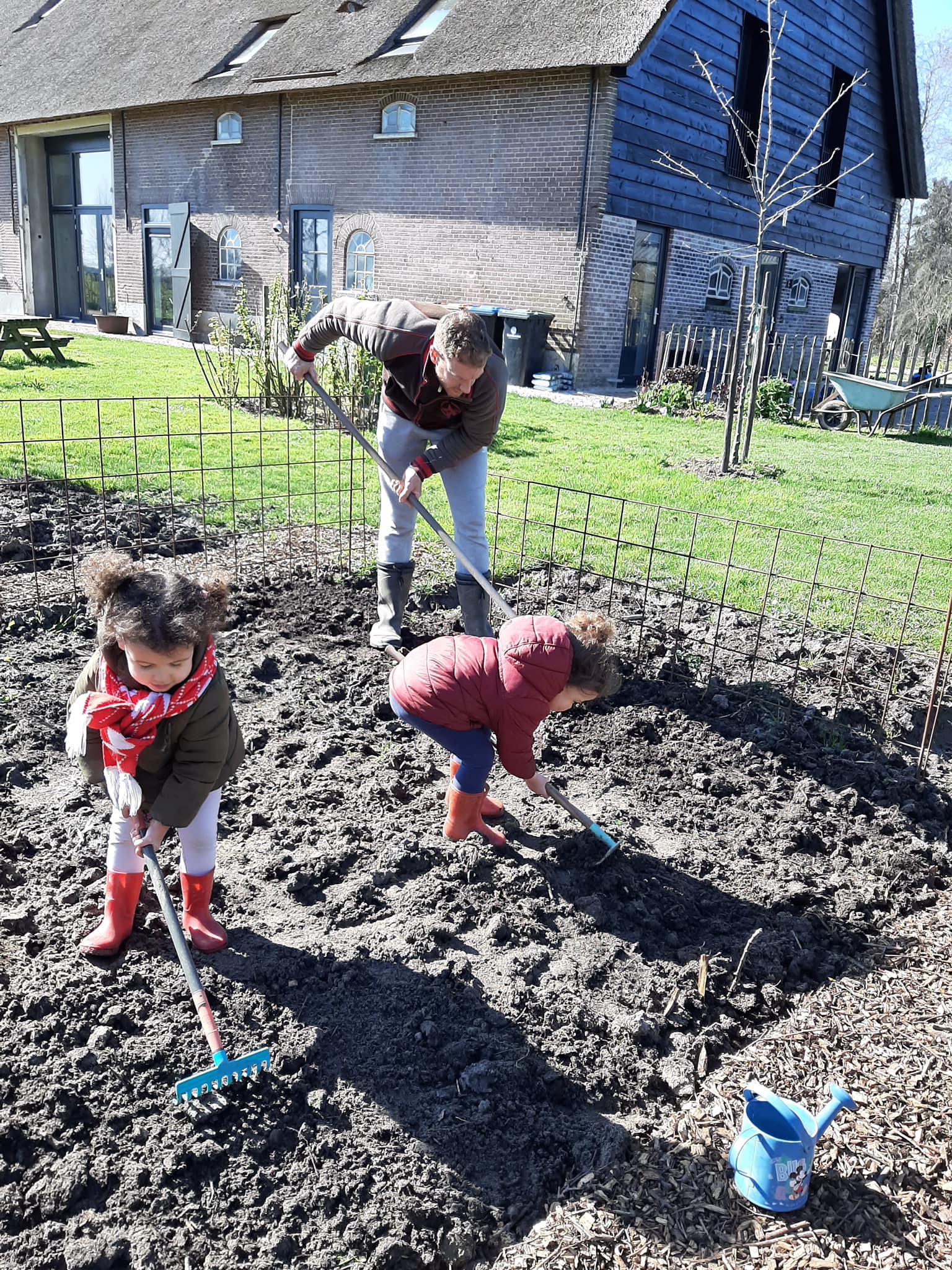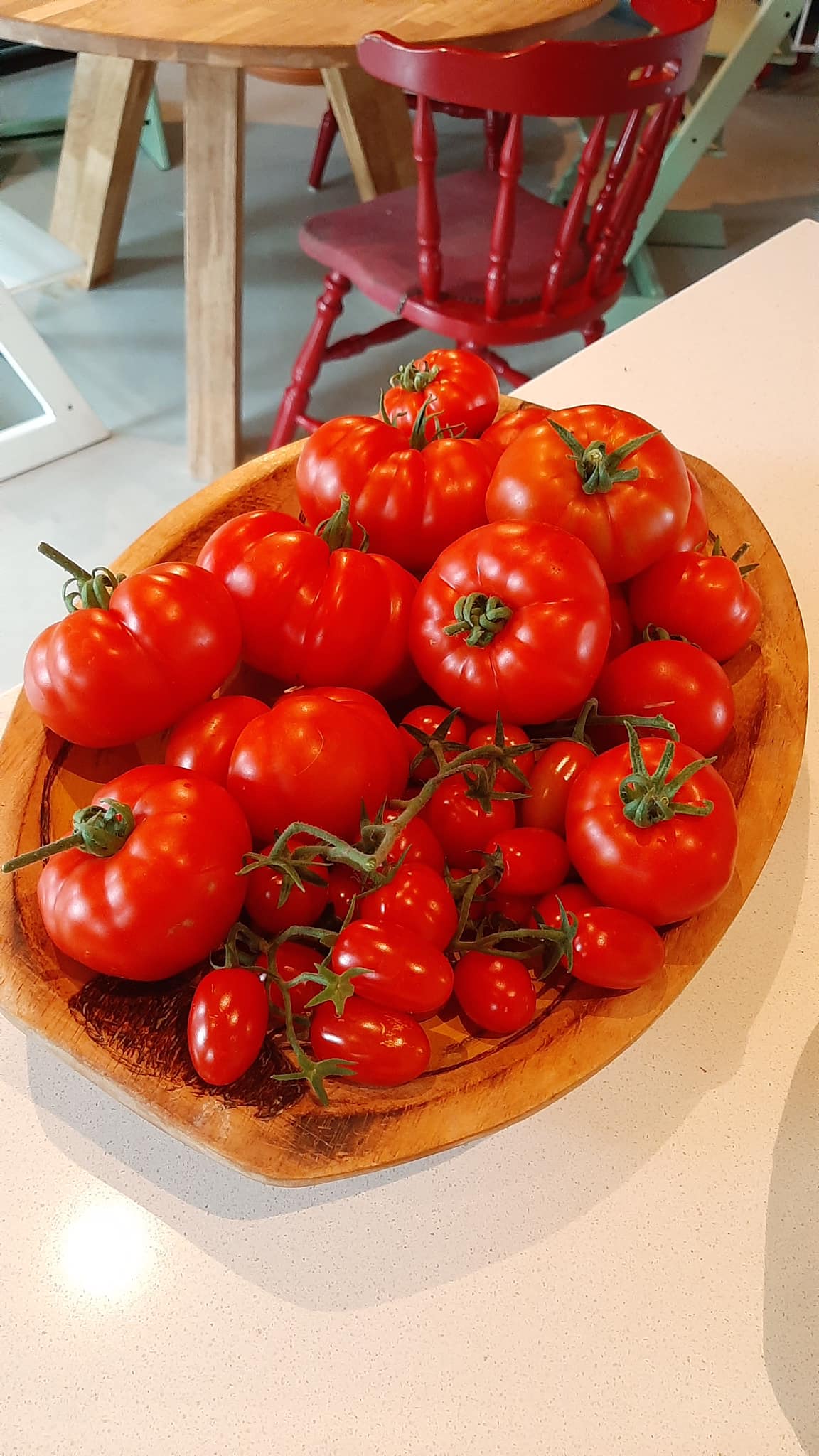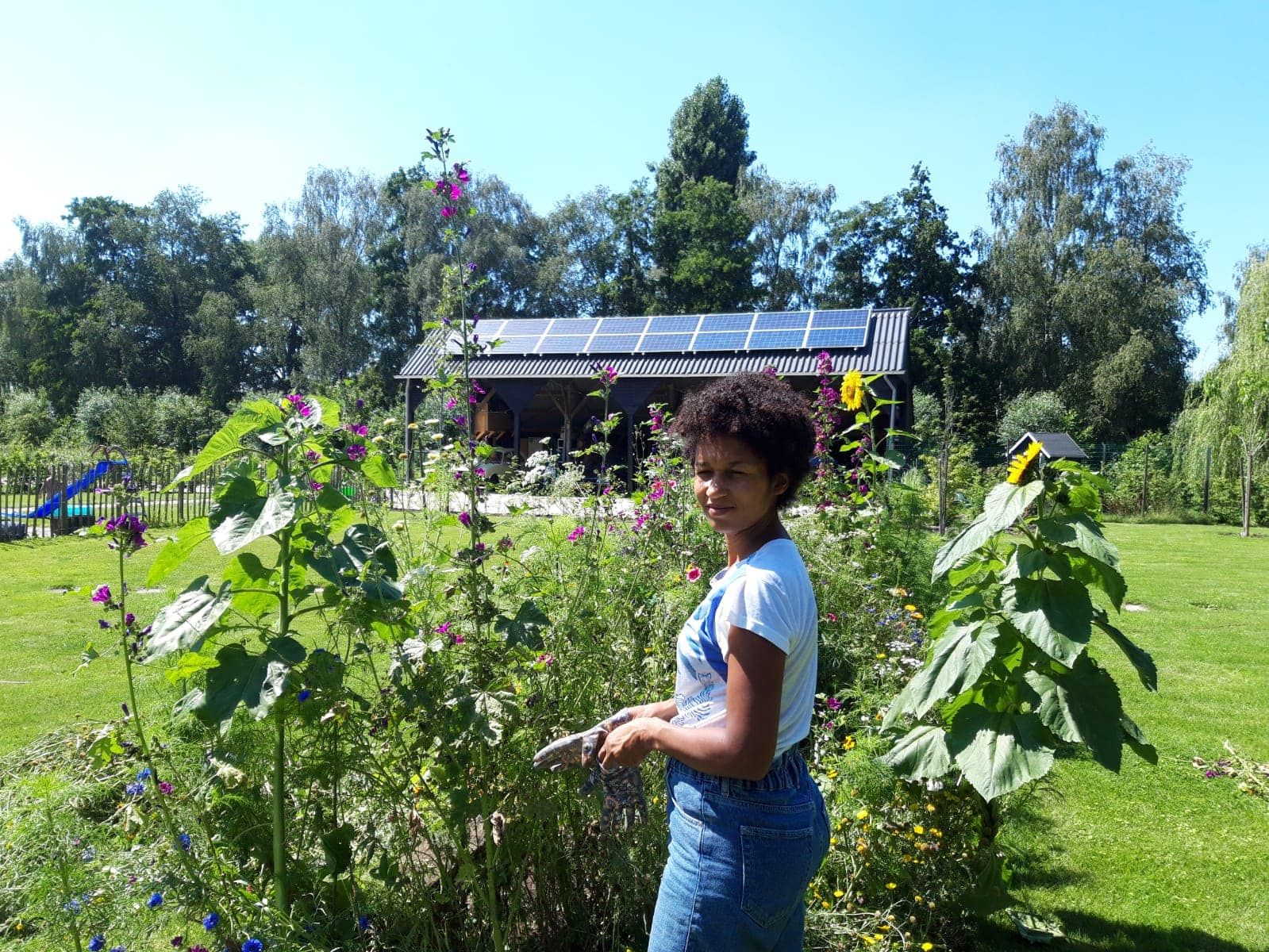
Meet Vania Peixoto from Hoornaar, The Netherlands
“I am a self taught gardener who found a therapeutic gate to happiness by growing her own delicious meaningful organic food. This happiness I share with my husband and our 3 lovely daughters who are veggie sowing assistants and also strawberry thieves!
When I moved from Rio de Janeiro, Brazil to the Netherlands in 2010, I felt very lonely. The whole process of diving in a culture so different from mine plus not having family or friends around got me to a very dark place. A place where I couldn’t find myself, couldn’t enjoy anything I did. It was when I got the chance to help my in-laws in their vegetable garden that everything changed in me.
Nature brought me back to life and made me feel home again! I reconnected to the Earth, to myself, and found out that I am at my happiest when I`m gardening or doing anything related to it. I haven't stopped doing it since then. In fact, my passion for gardening has only grown to huge dimensions when I realized how important growing my own food is and the positive impact it gives to the planet. I learned and am still learning more about living sustainably while doing what I love to do.
Our area is approximately 150 square meter. I grow strawberries, raspberries, blueberries, walnuts, figs, hazelnuts, apples, pears, plums, cherries, potatoes, pumpkins, zucchinis, cucumbers, rhubarb, fennel, cucamelons, parsnips, carrots, garlic, beetroots, chards, lettuces, kales, broccolis, cauliflowers, leeks, melons, peas, lots of herbs and flowers.
We built two compost bins where we throw all our organic waste. After one year you get it all back as the best soil you can have. Keeping your soil healthy and full of nutrients is the number one key to get great results. Especially here in The Netherlands where growing your food is a race against the clock, getting it wrong means not having many chances of trying it again in the same year.
The key to perfect gardening is creating a mini ecosystem in your garden. Sharing your food not only with other people but with the fauna that enjoys your work as much as you do. That means I make sure that most of my beds are low enough so that the toads and hedgehogs can pay a visit and eat the snails. I don't remove dried sunflowers because I know I will attract birds and they will eat some excessive caterpillars as well. I only clean up the garden for the next season when spring has arrived, then the insects and other animals are already awake from their hibernation. It's not that I never have problems, but when I have it, they are mostly related to something I did wrong, like watering a whooole tomato plant on a very hot day and a few days later finding a rotten tomato plants field (phytophorous)
The biggest hurdle I face is definitely the weather as I don’t have a green house and have to rely on a good summer season to get to harvest cold-intolerant plants such as eggplants and melons.
It's not only about harvesting my food (which I really love doing and I’m very proud of), having so many living beings in my garden is extremely rewarding to me. We love walking around the garden with the kids, writing down what we see, taking pictures and making an insect yearbook. By the way, this year we already counted 19 different kinds of butterflies flying around!
I love eating the food I grow, but I like sharing it even more. I share my food, recipes, plants and seeds with neighbours and friends. And since I started my page on Instagram, I am pleased to share my knowledge and learn from people all over the world as well. It's very inspiring to see so many people doing their best to make a difference on the planet.
Organic gardening became so important to me that since the beginning of this year I’ve been using my teacher’s knowledge to work on structuring very helpful courses, ebooks and many other ways to help people with their garden journey too.
When you grow your food in an organic way, you open the door for simplicity. It’s when you can really see that life is actually much less complicated than you are indoctrinated to think.
Believe me, you will make lots of mistakes, however, making mistakes is what will impulse you to learn about gardening. It’s like a game.A very addicting one! Everytime you lose, you get the knowledge you need to get in there and do better, just don't give up.
When you plant something, you will learn to understand and respect your food. You will pay more attention to the weather and the behavior of all animals throughout the seasons. It's amazing to realize the beauty of something that actually has always been there but you were too blind to see.”
